|
New
Releases |
January 16, 2026
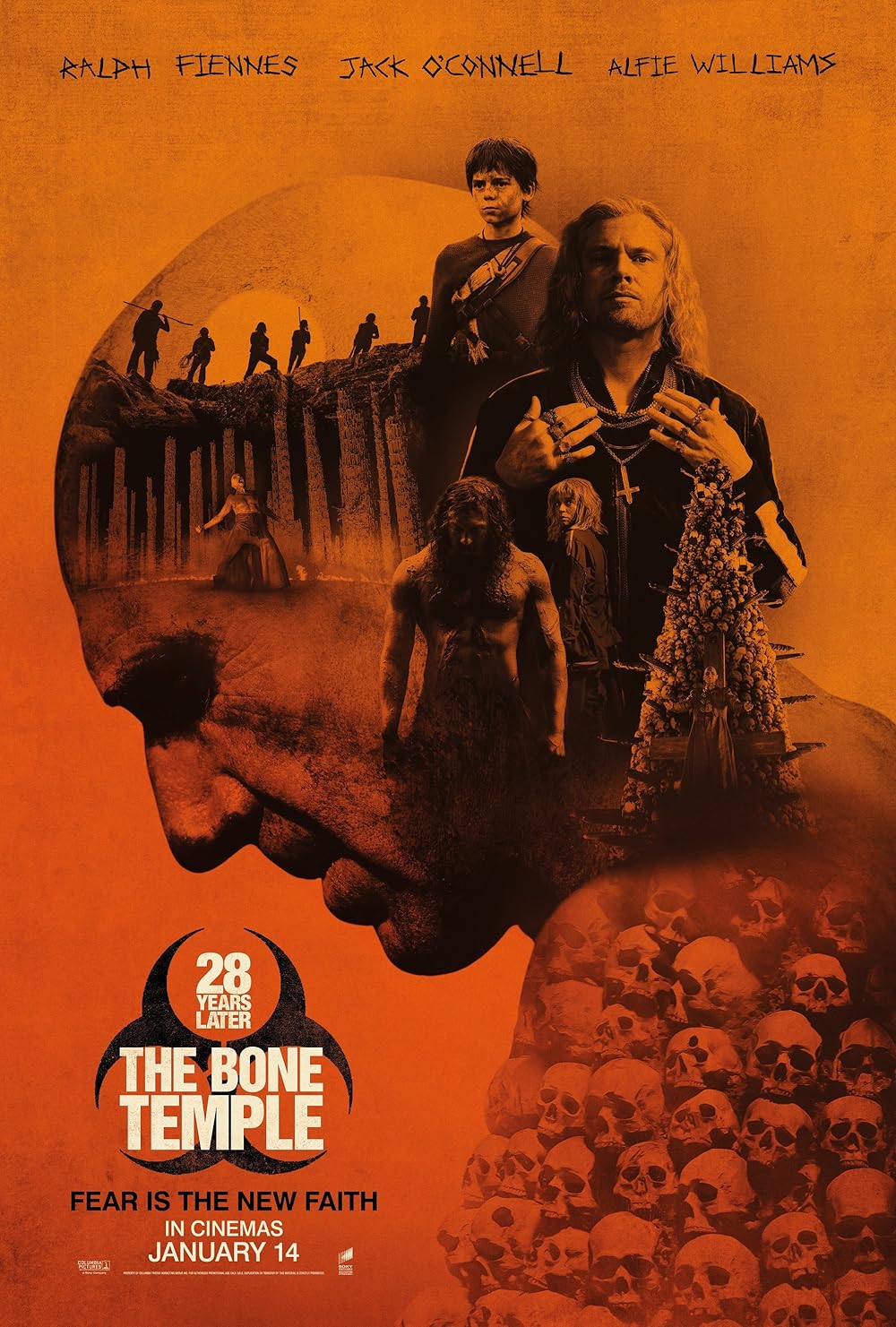
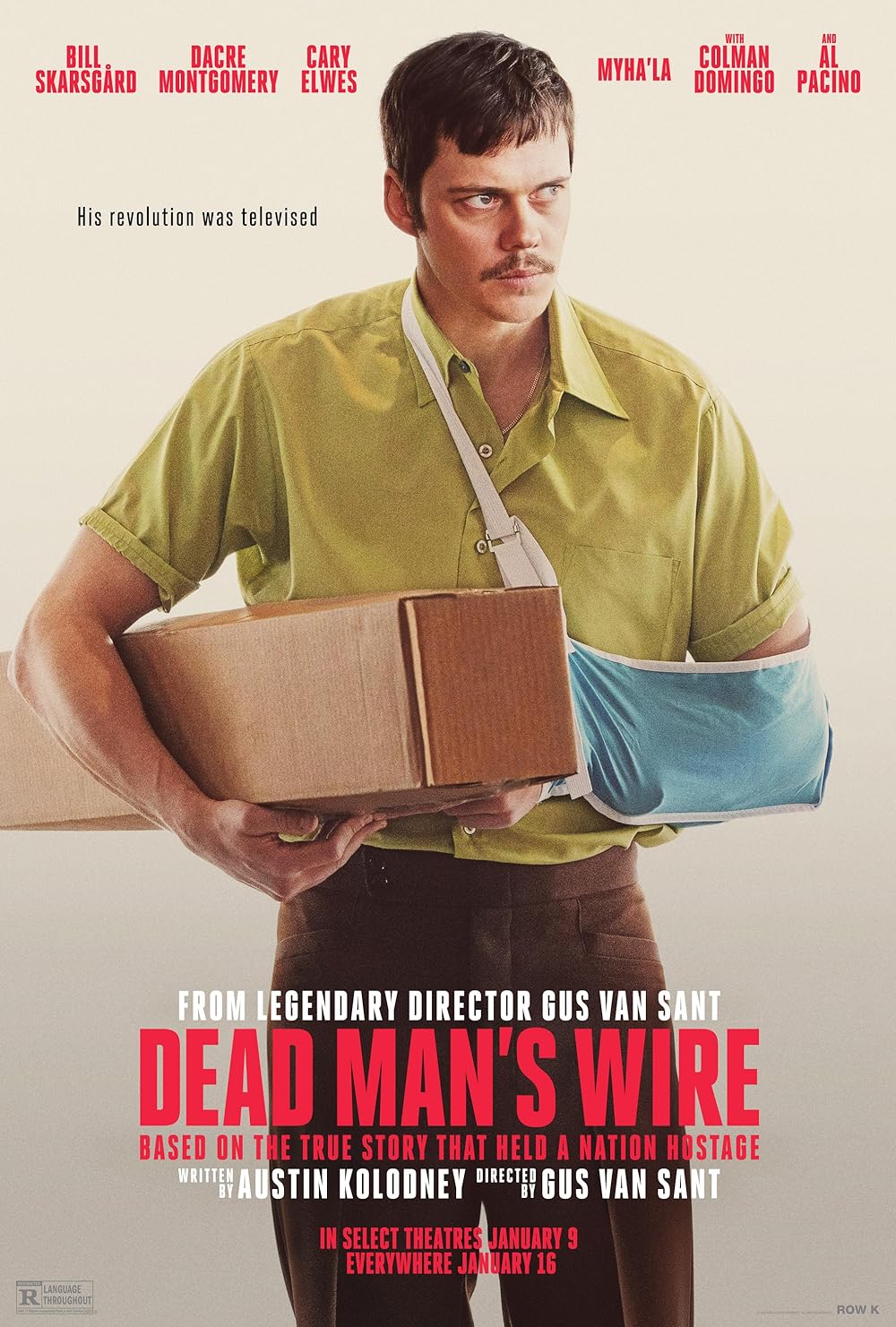
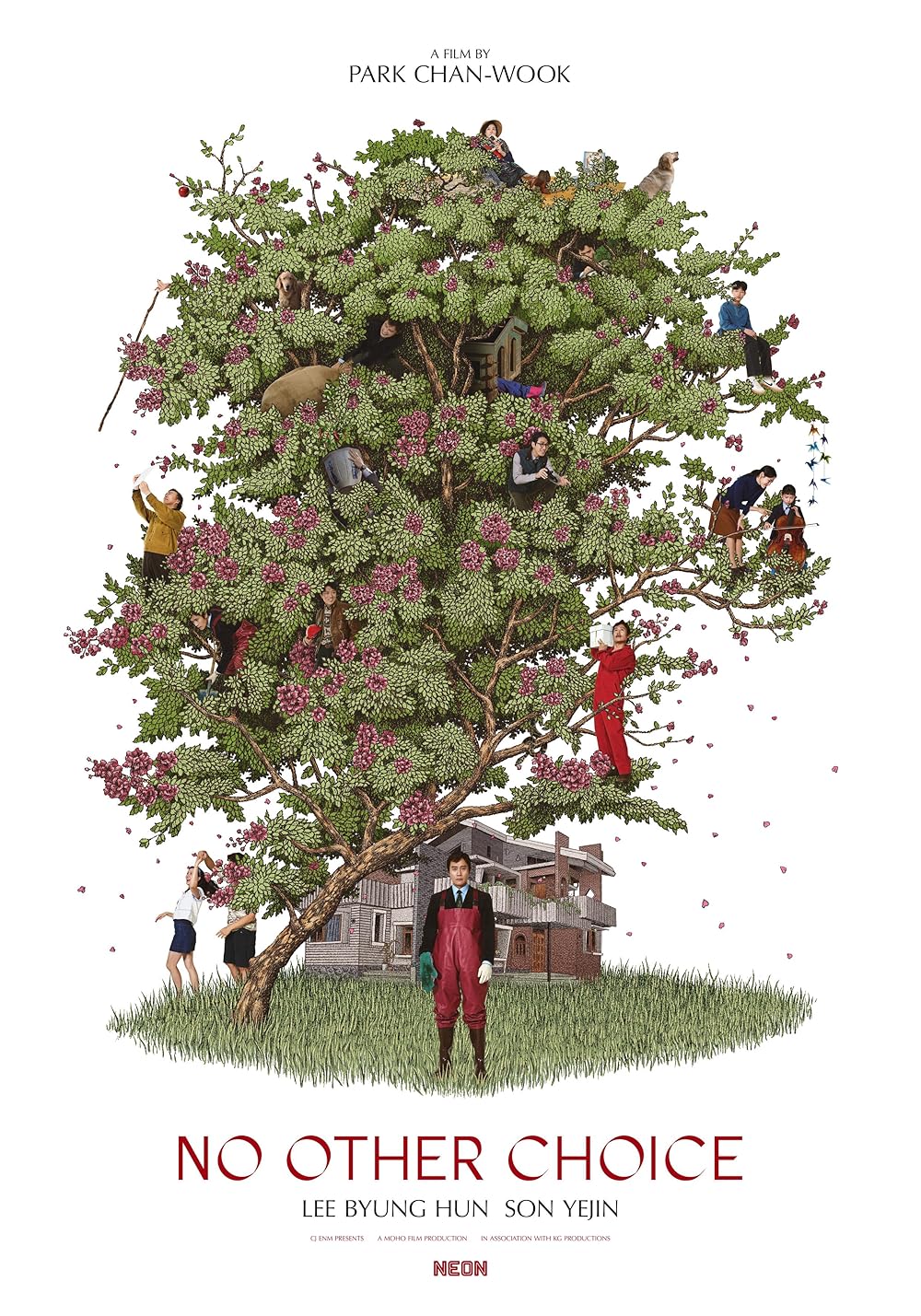
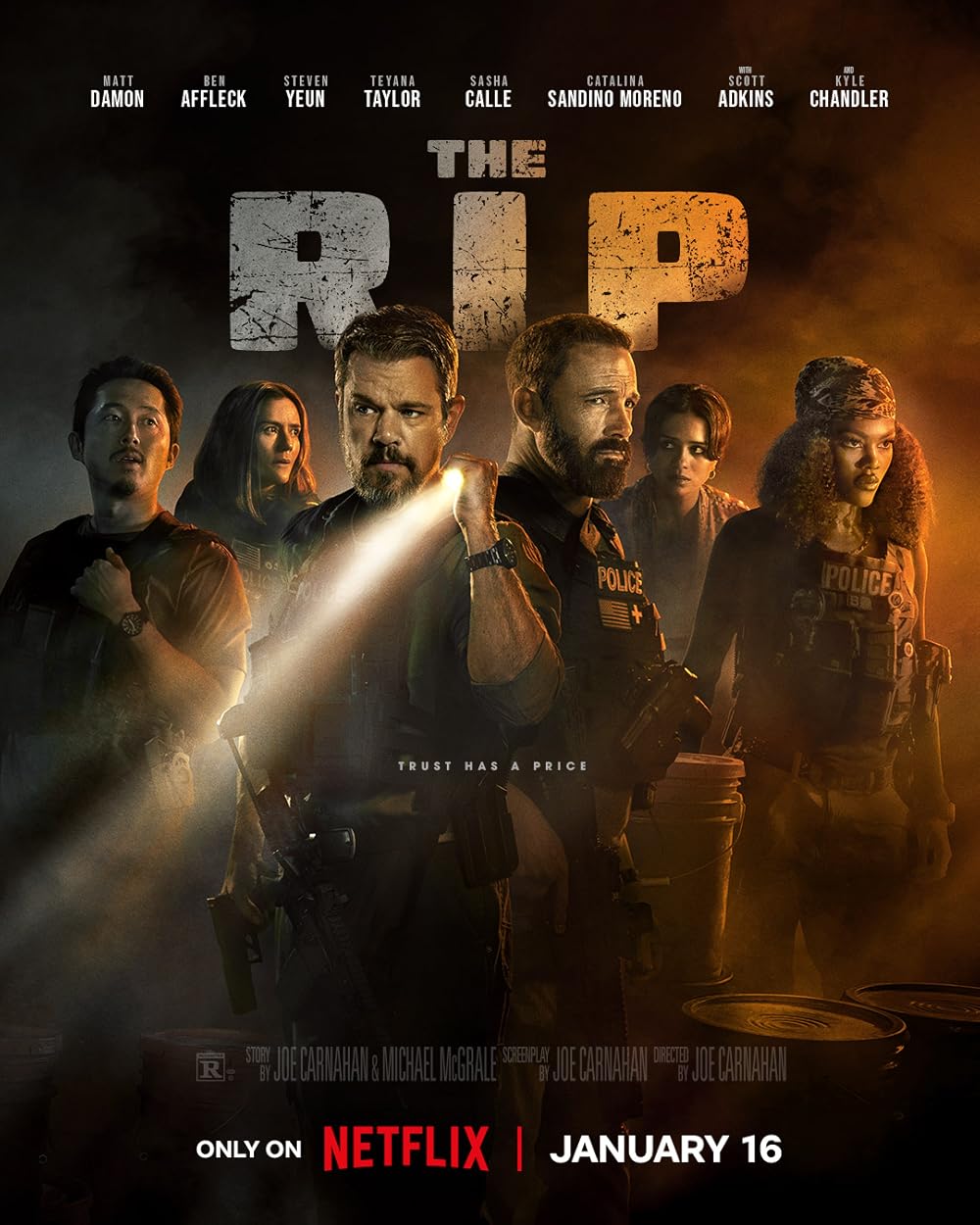 |
January 9, 2026
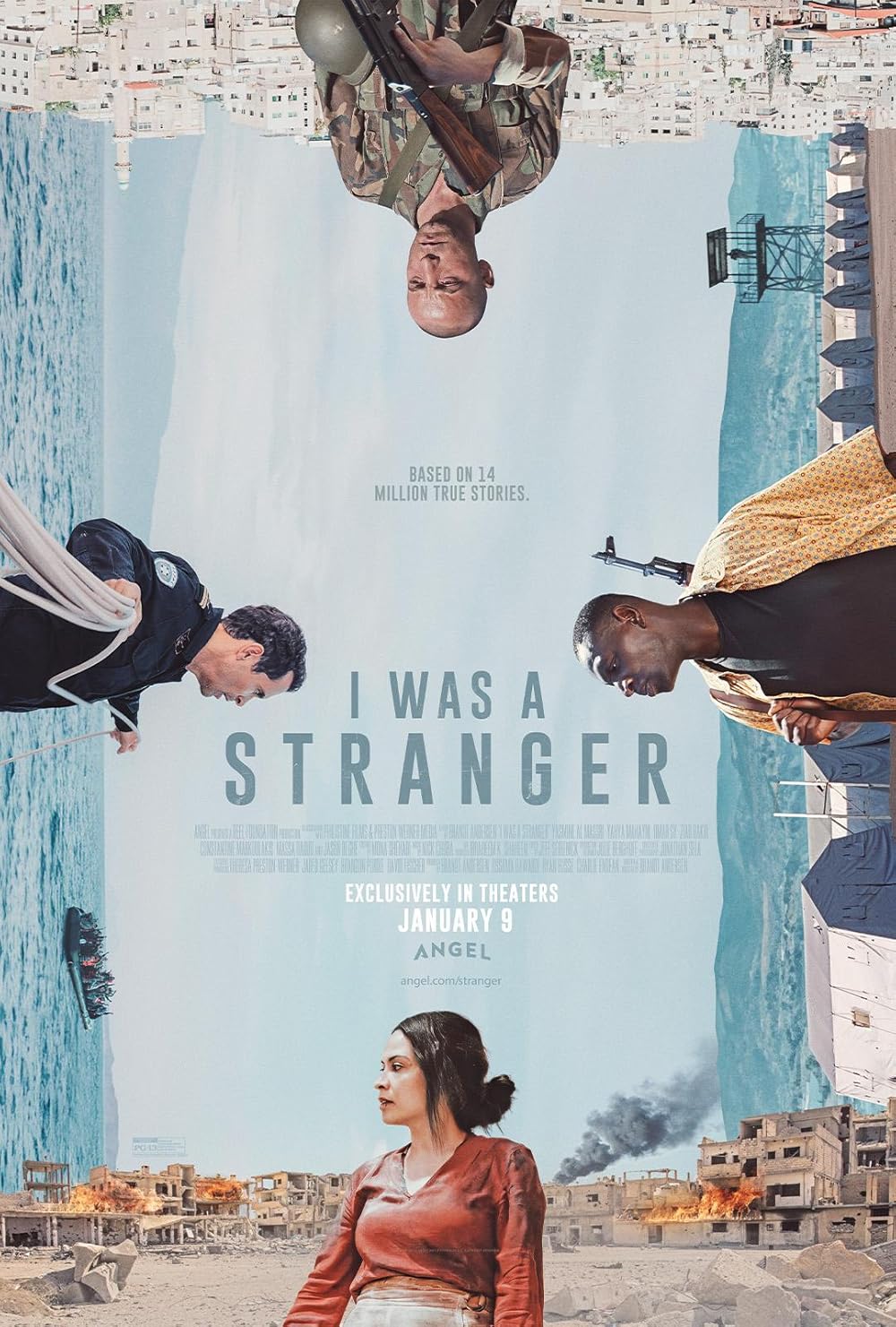
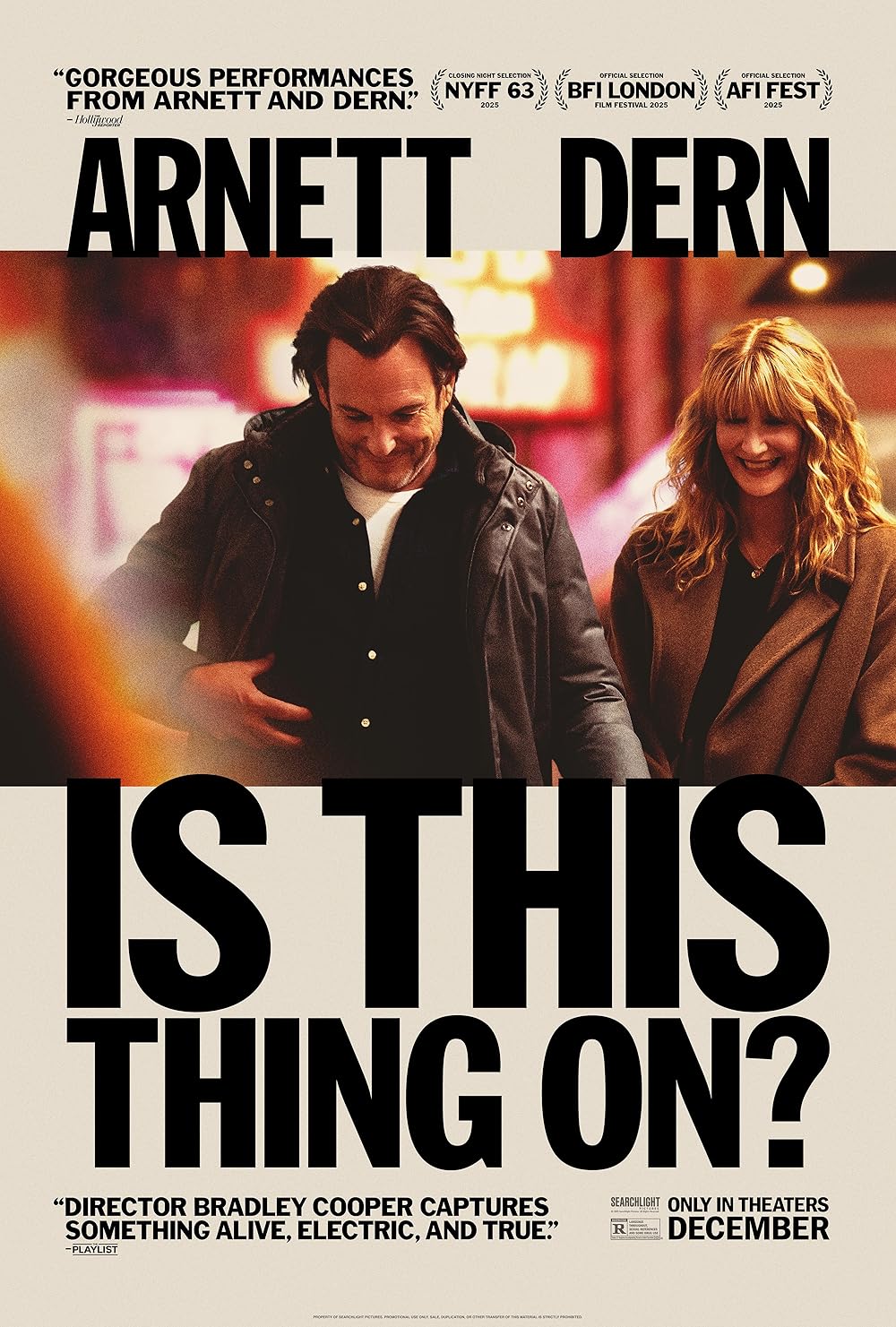 |
January 2, 2026
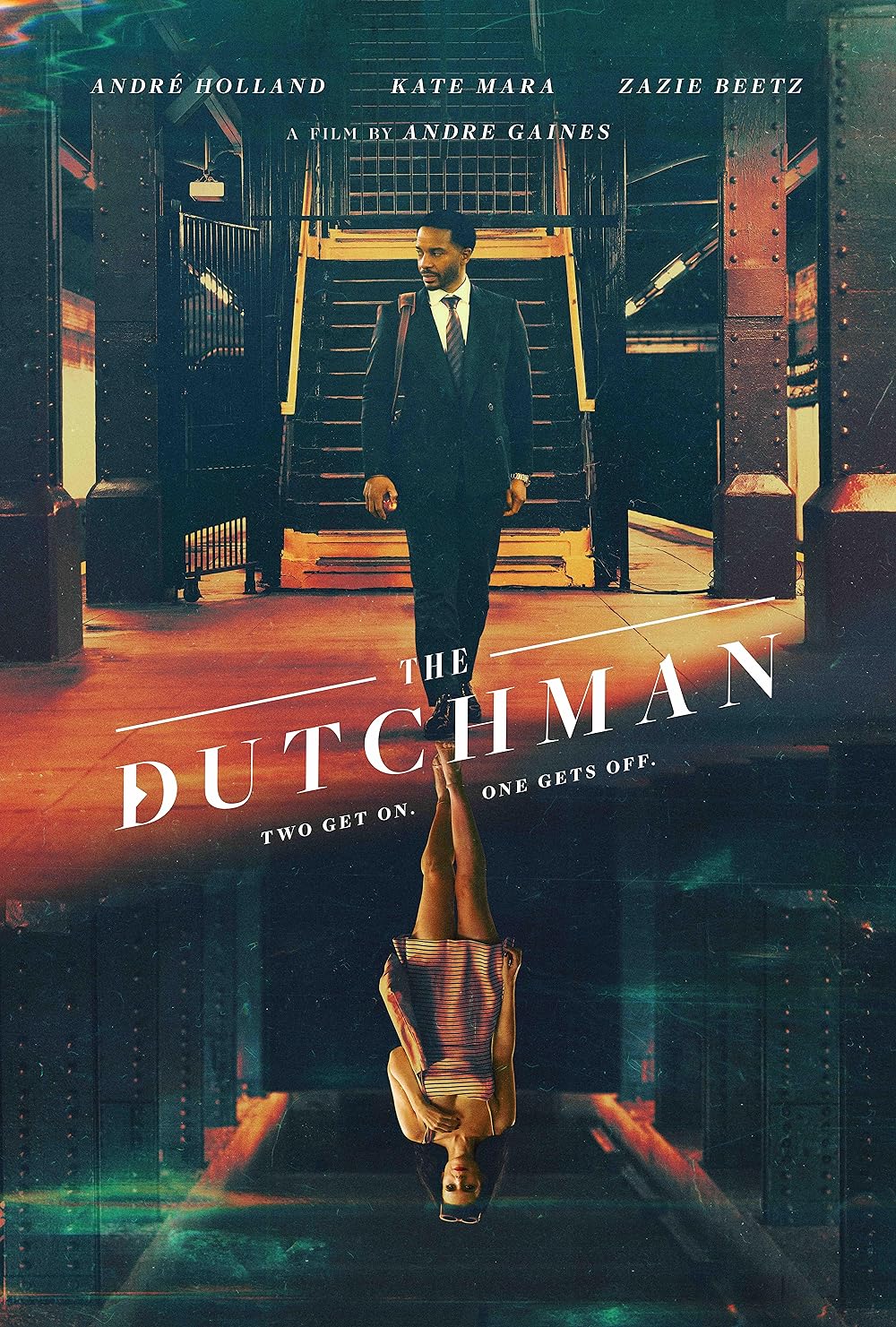
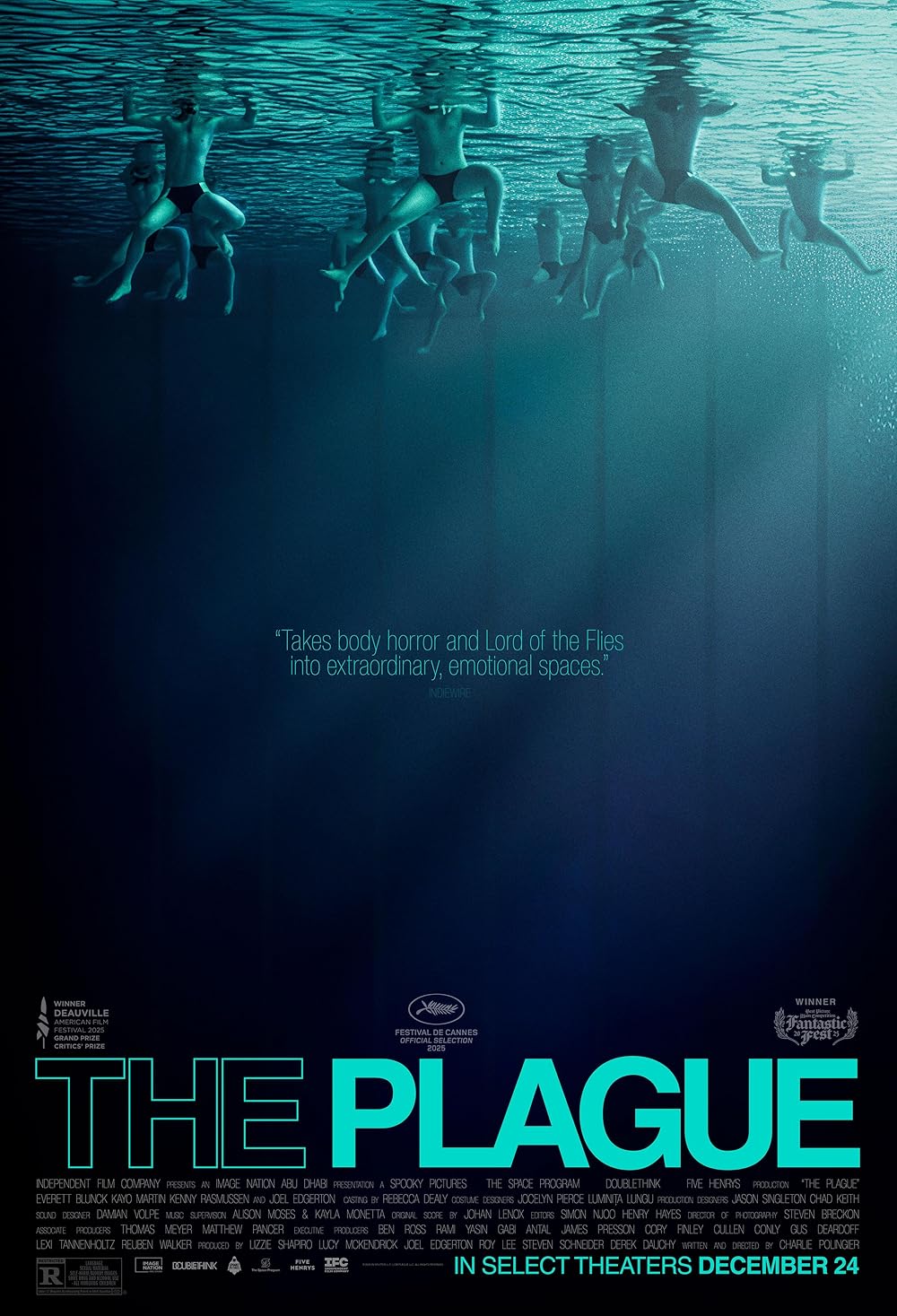
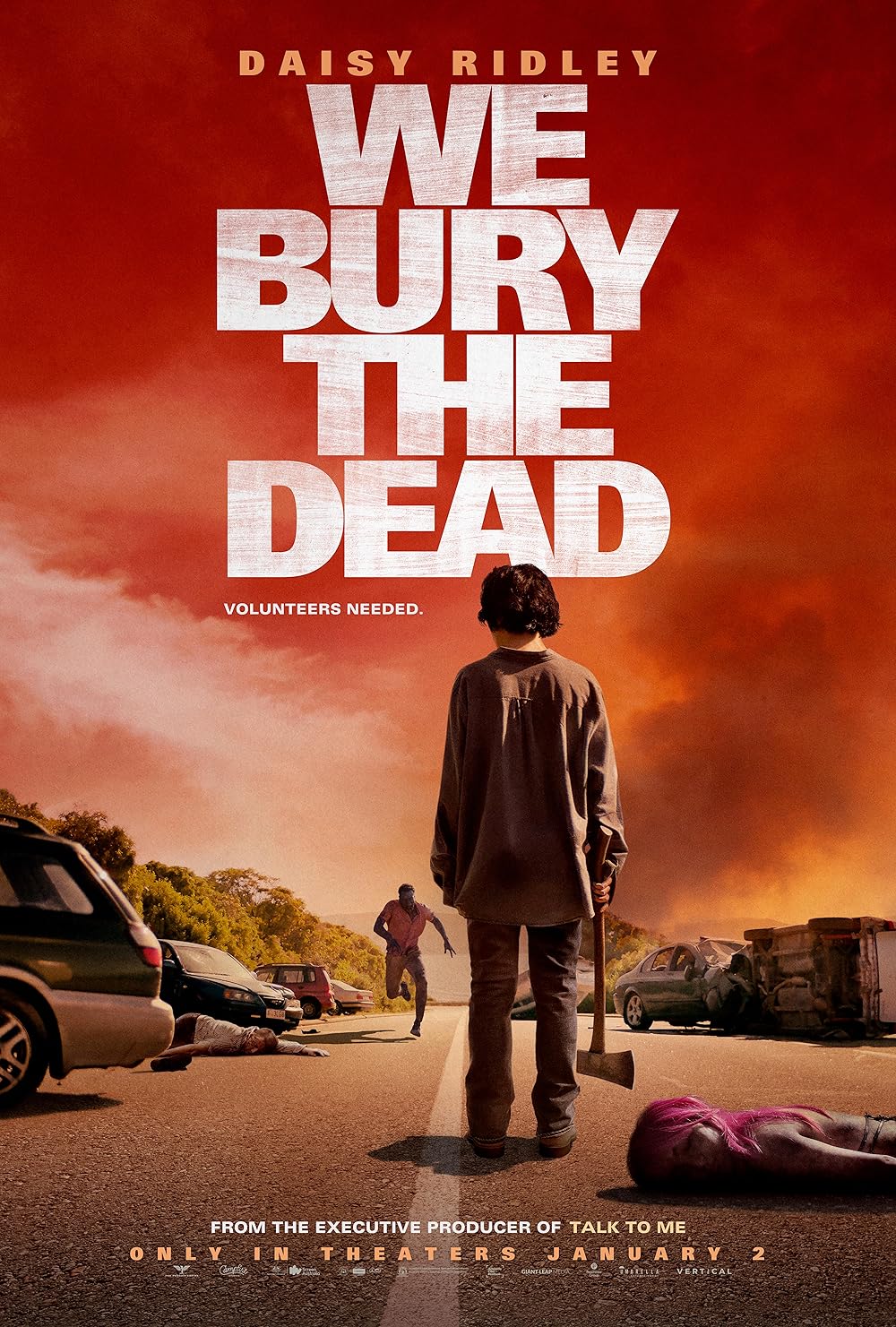 |
December 26, 2025

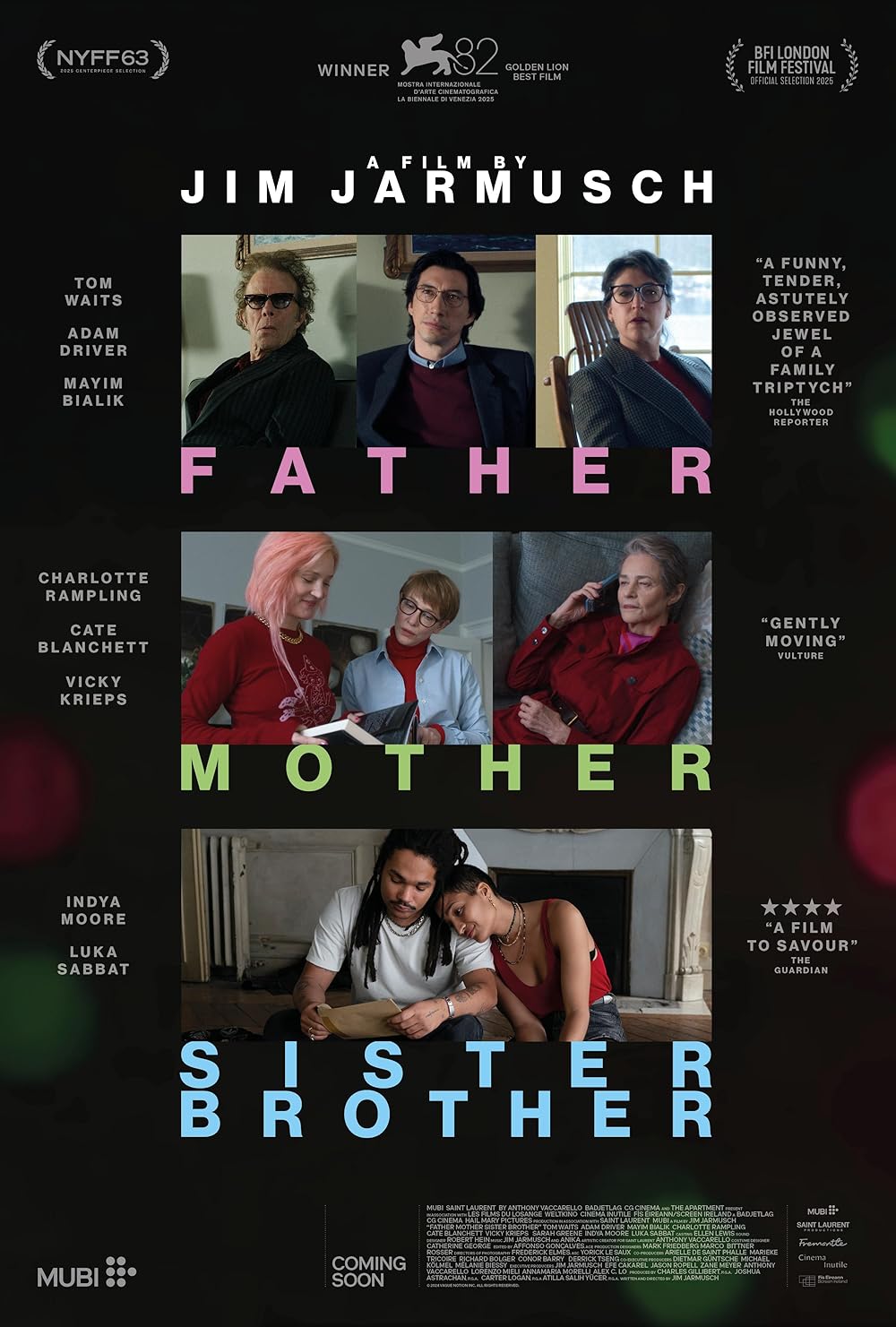
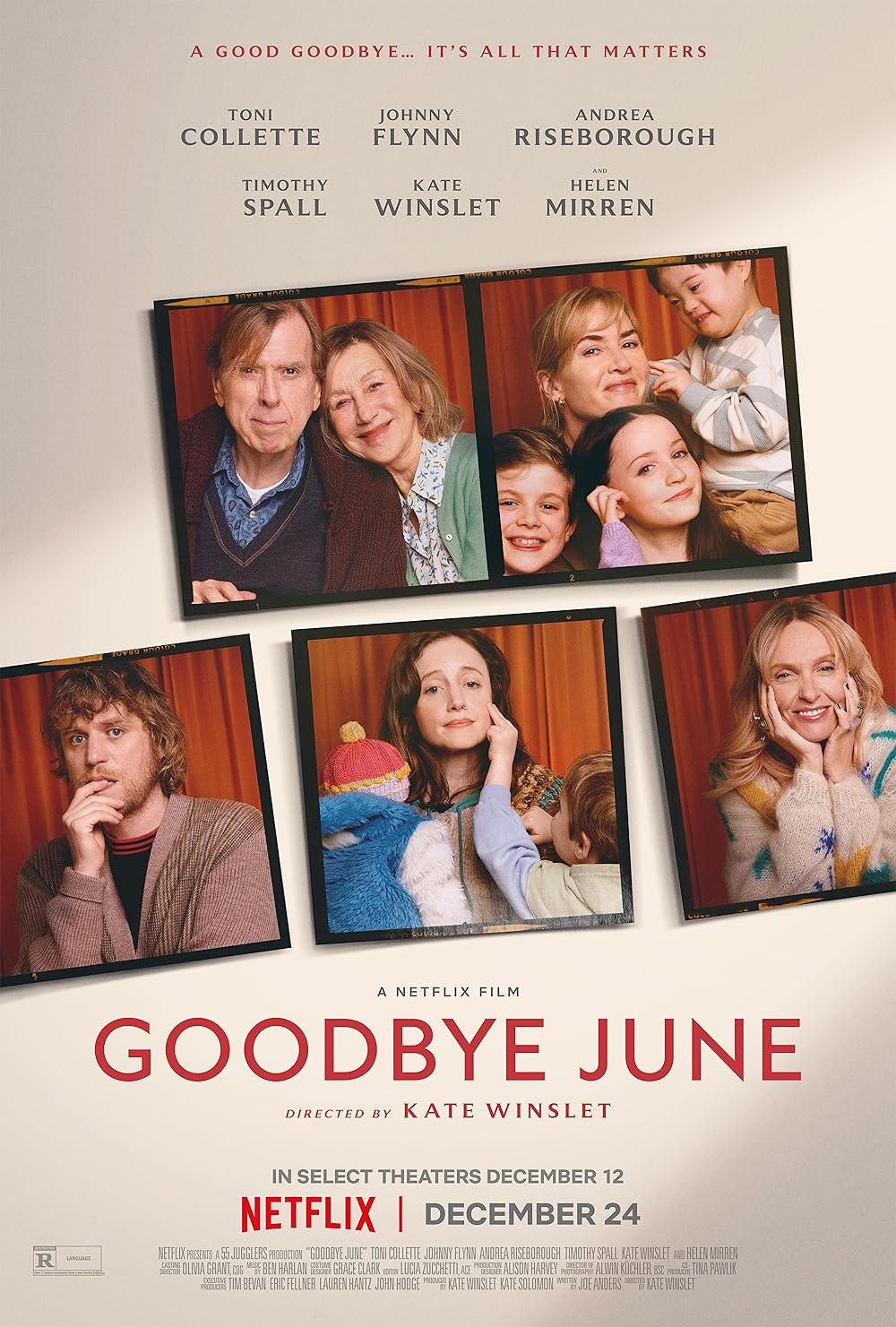
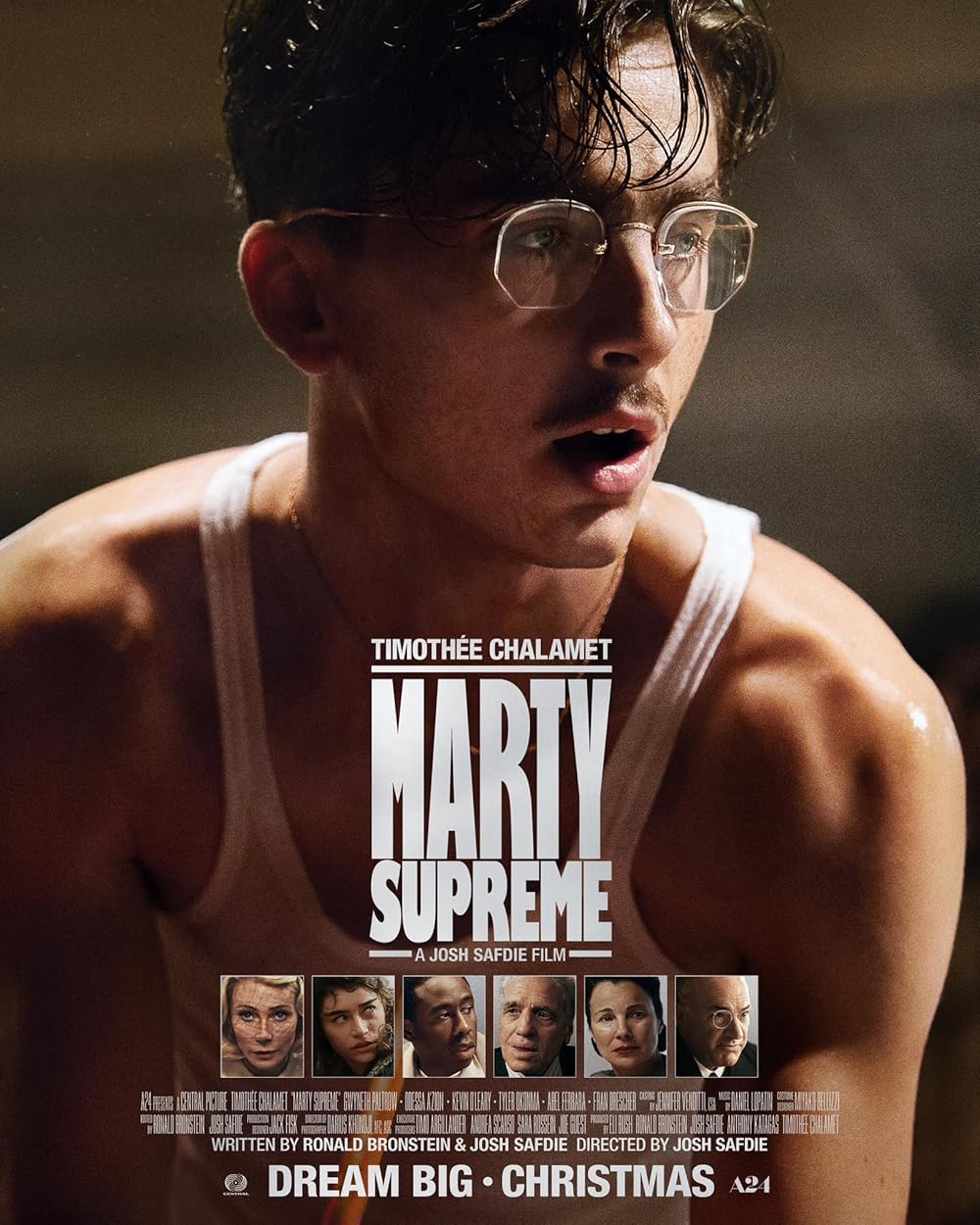
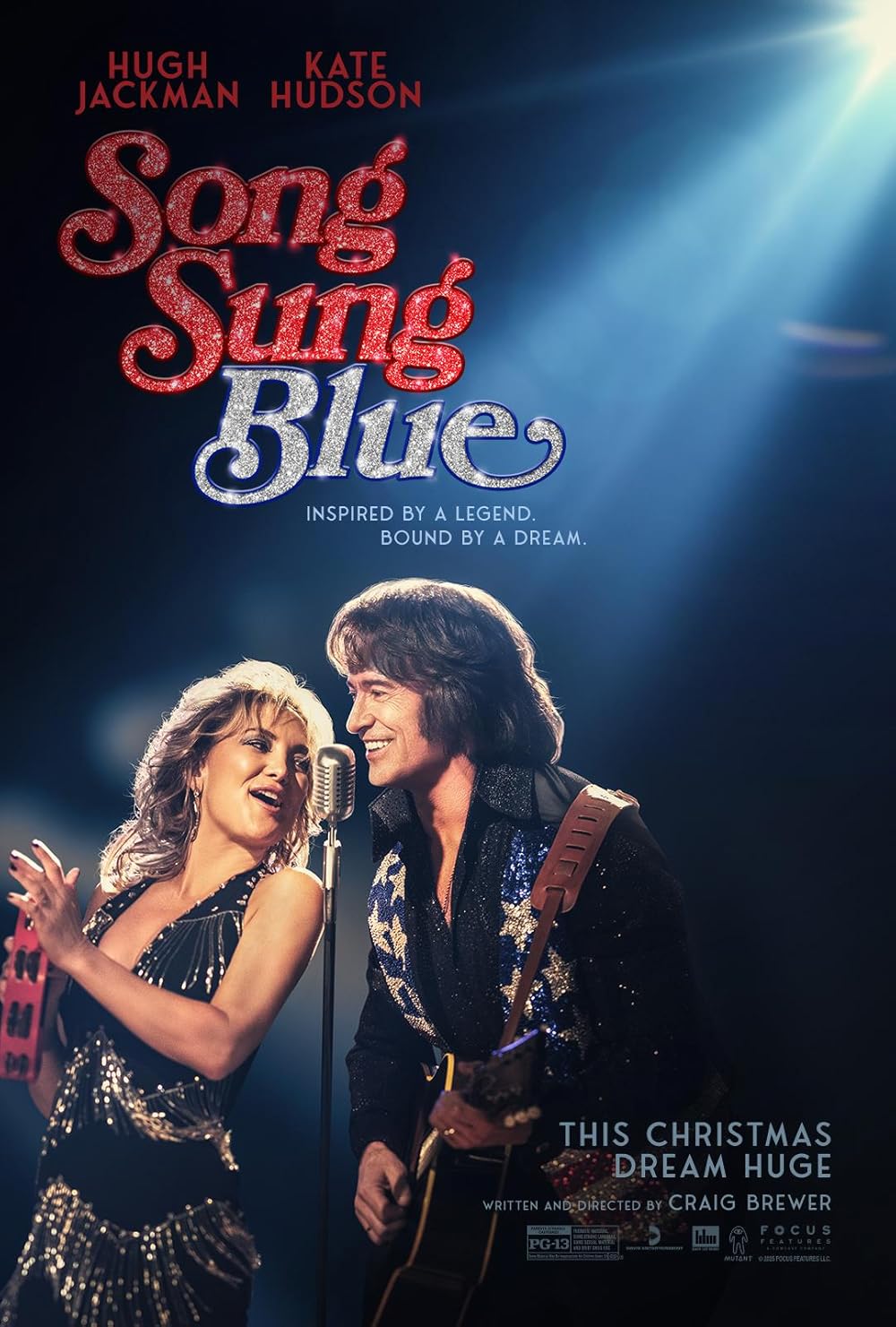
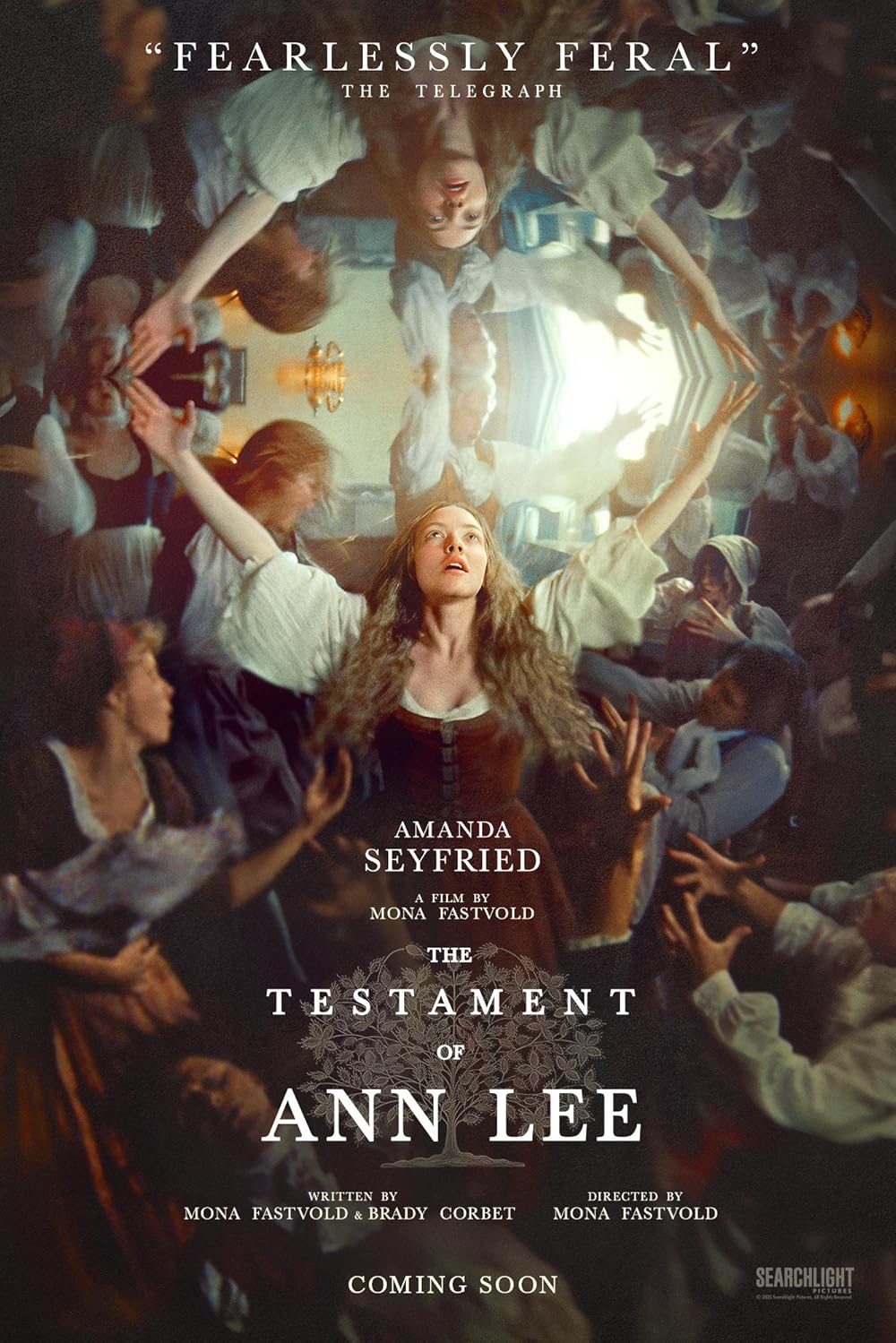 |
December 19, 2025

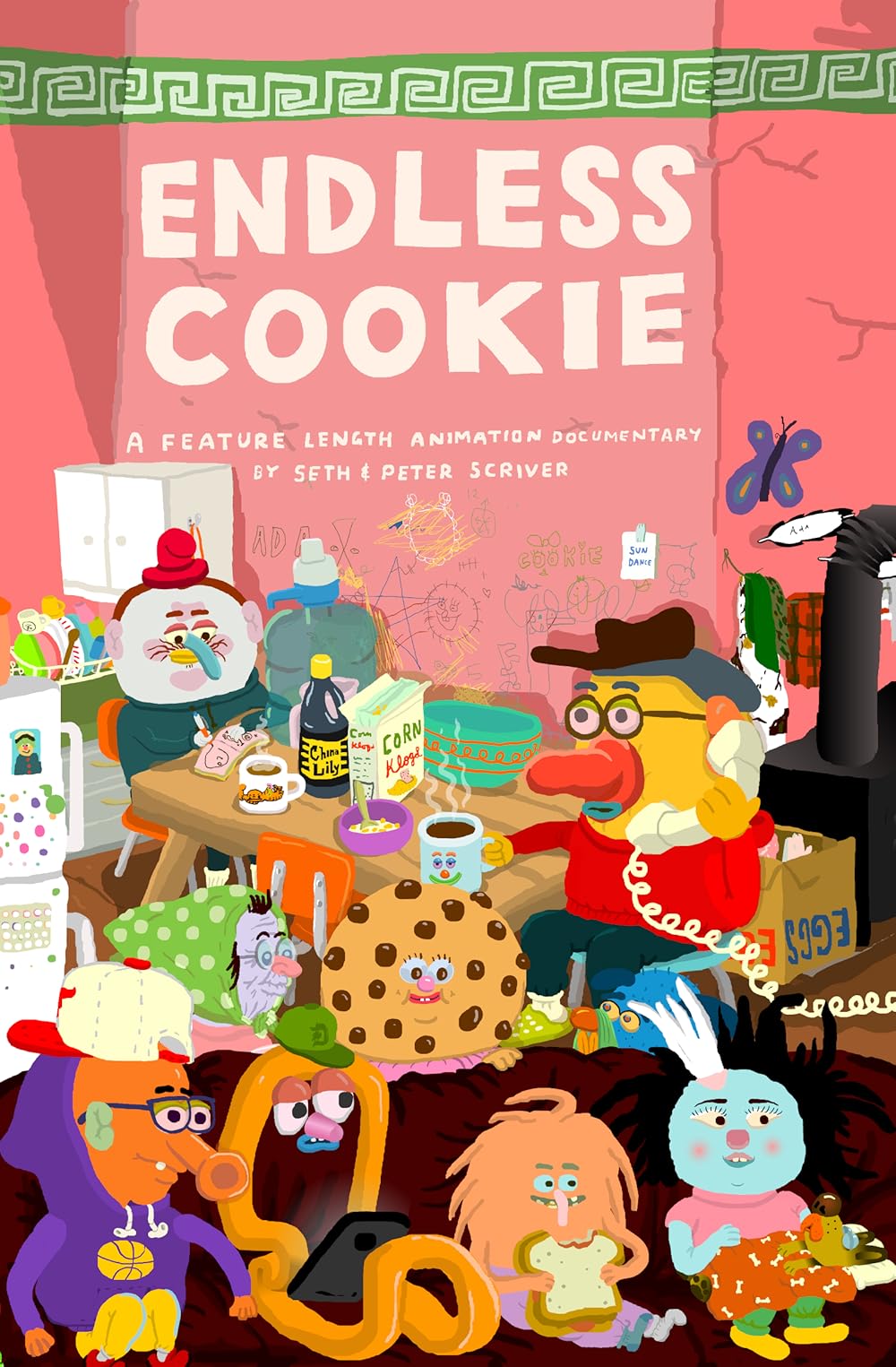
 |
December 12, 2025
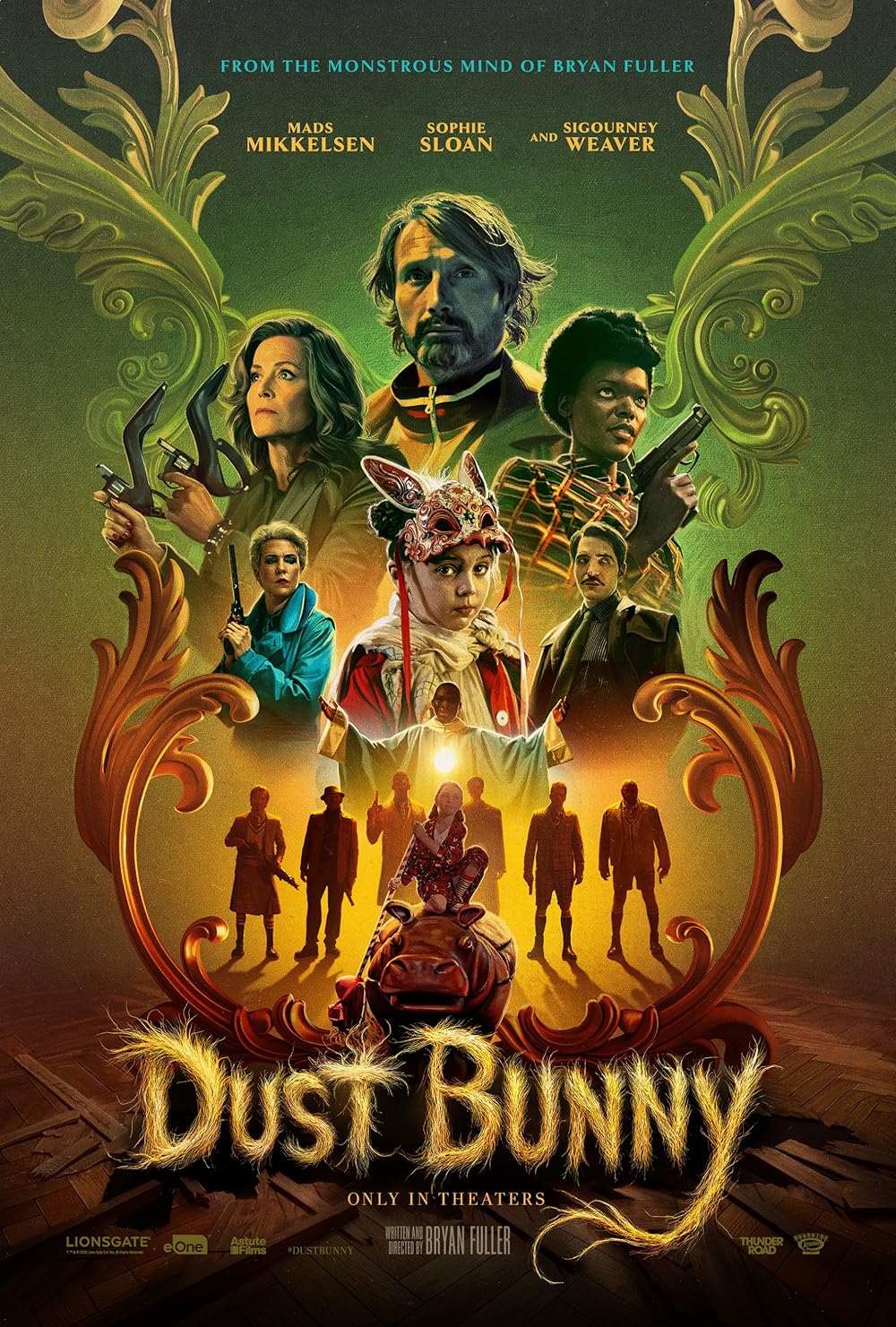
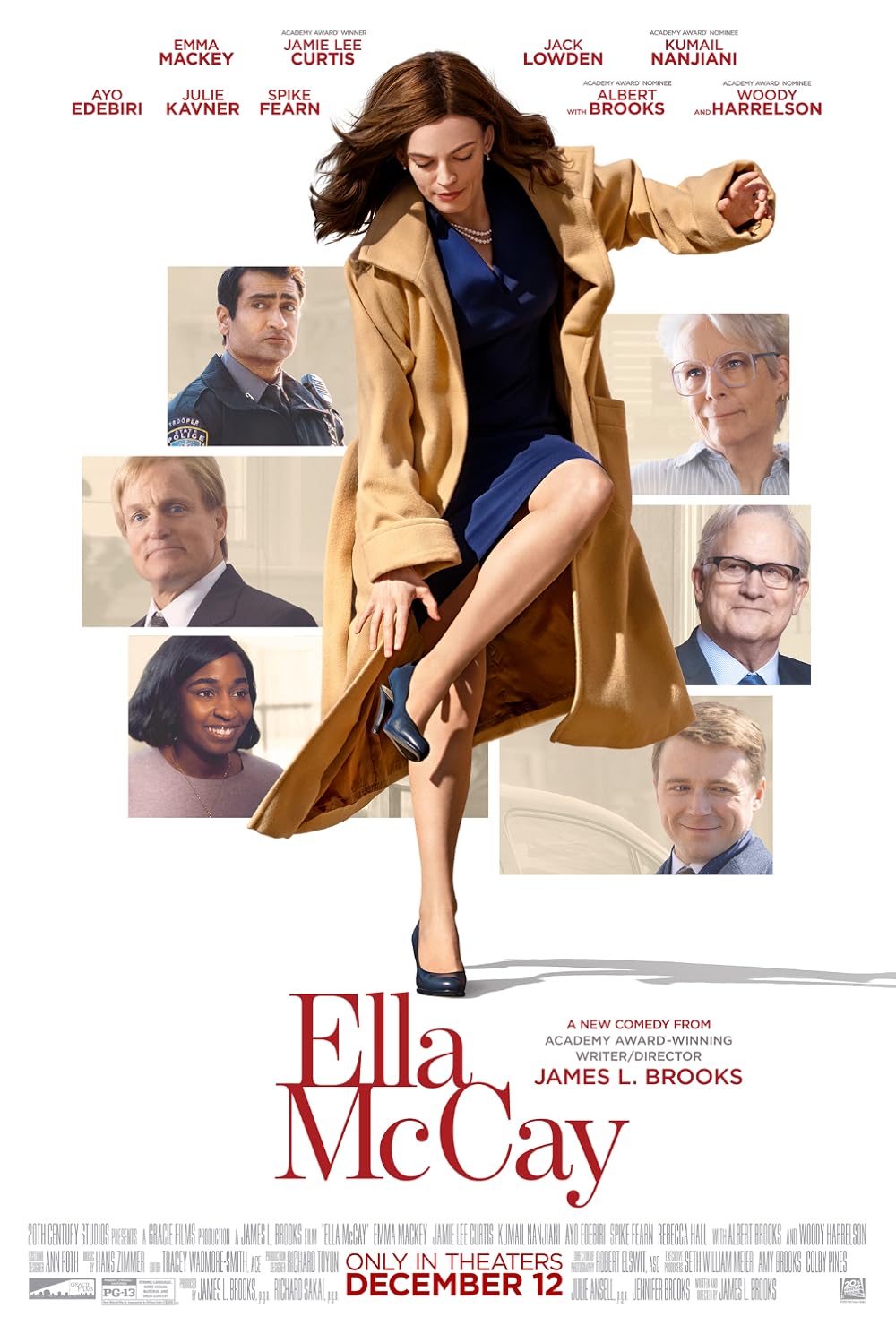
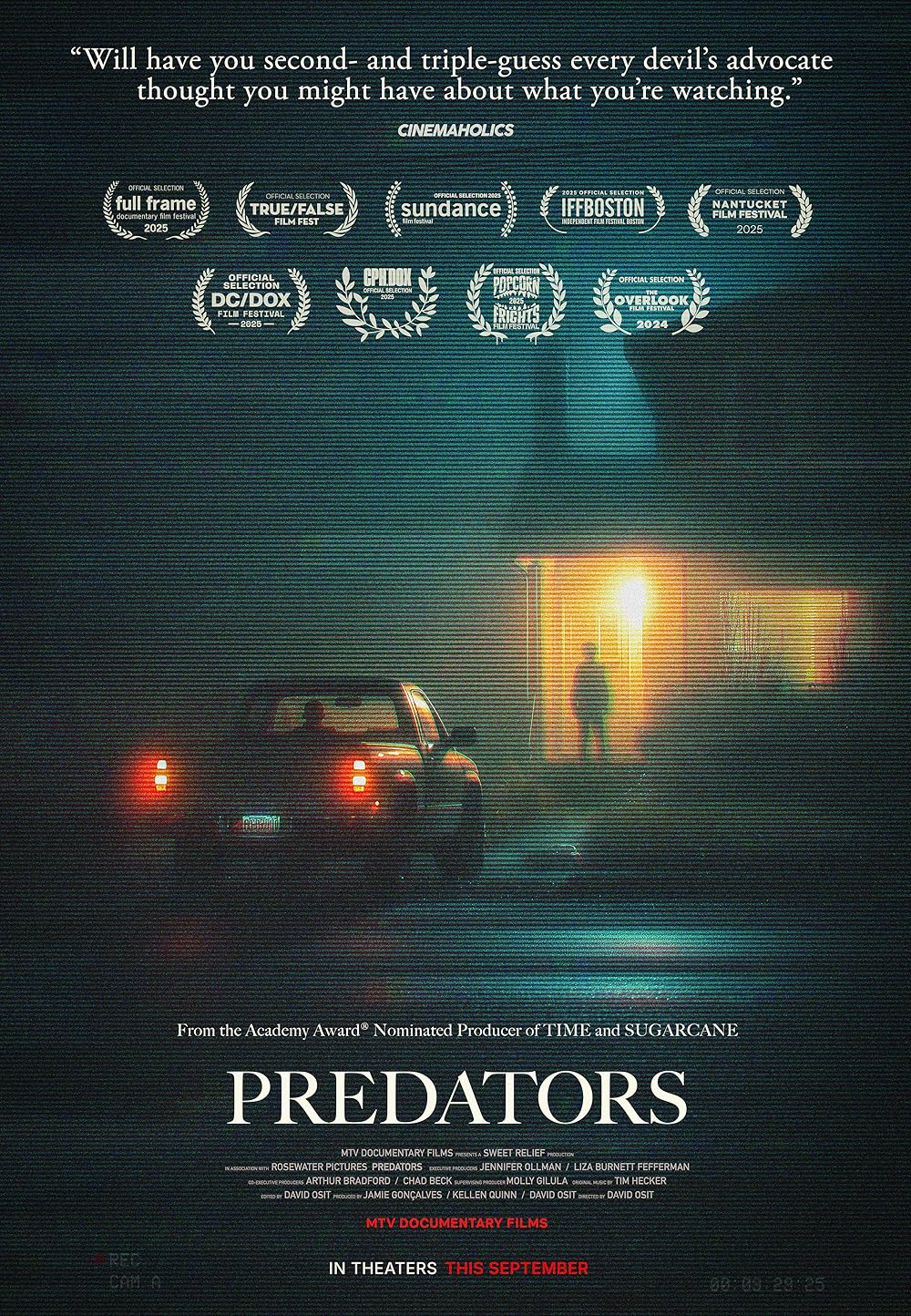
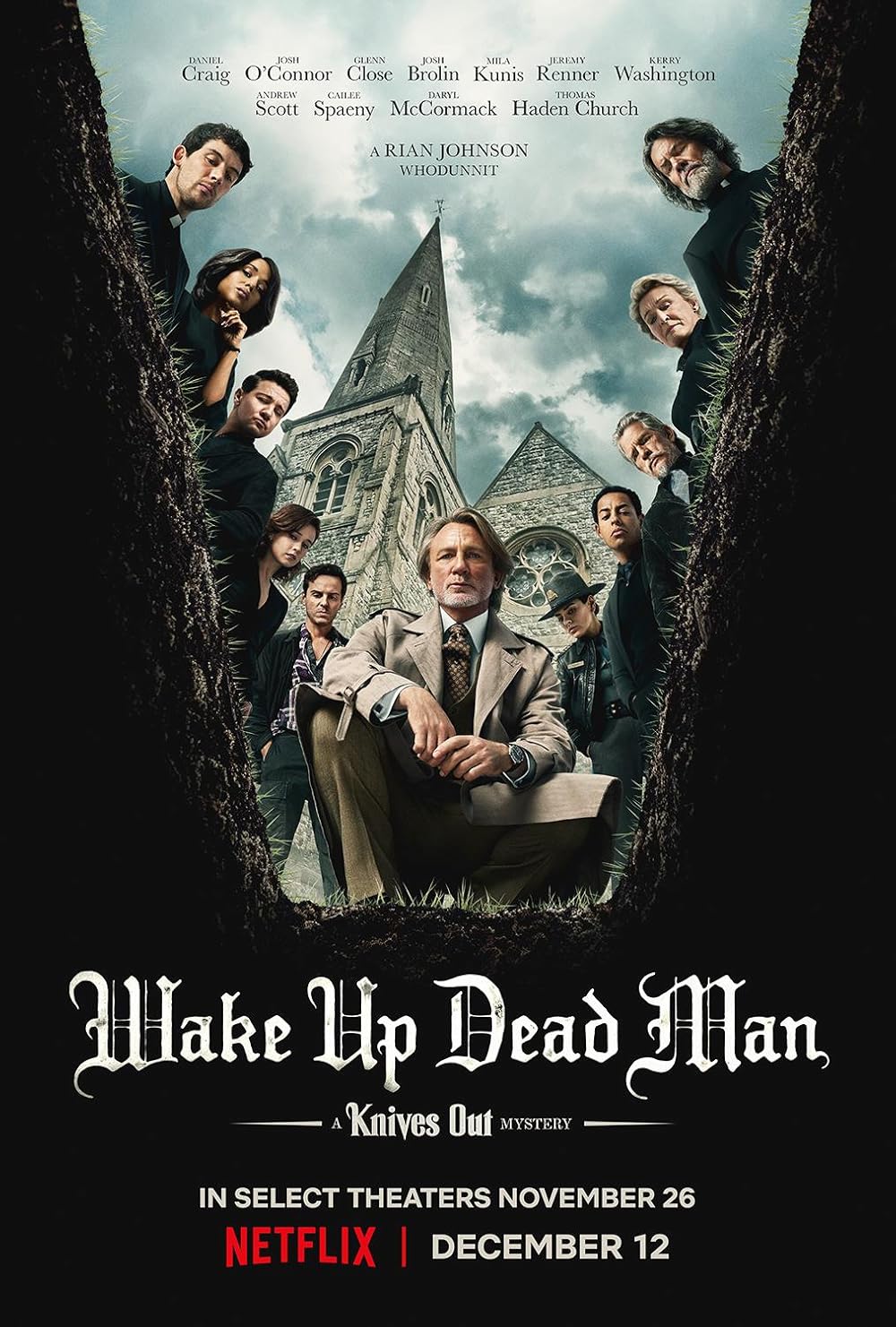 |
December 5, 2025
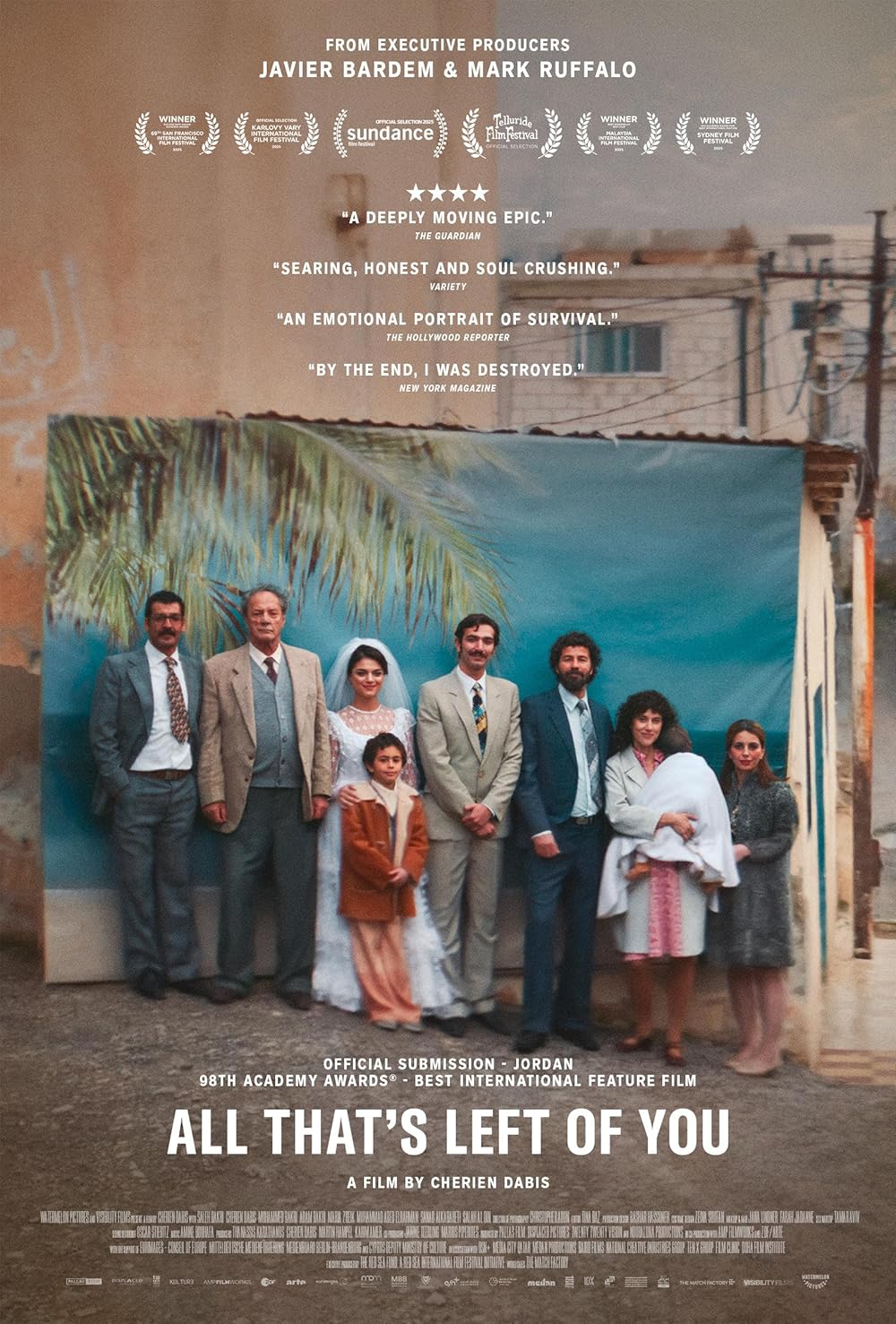

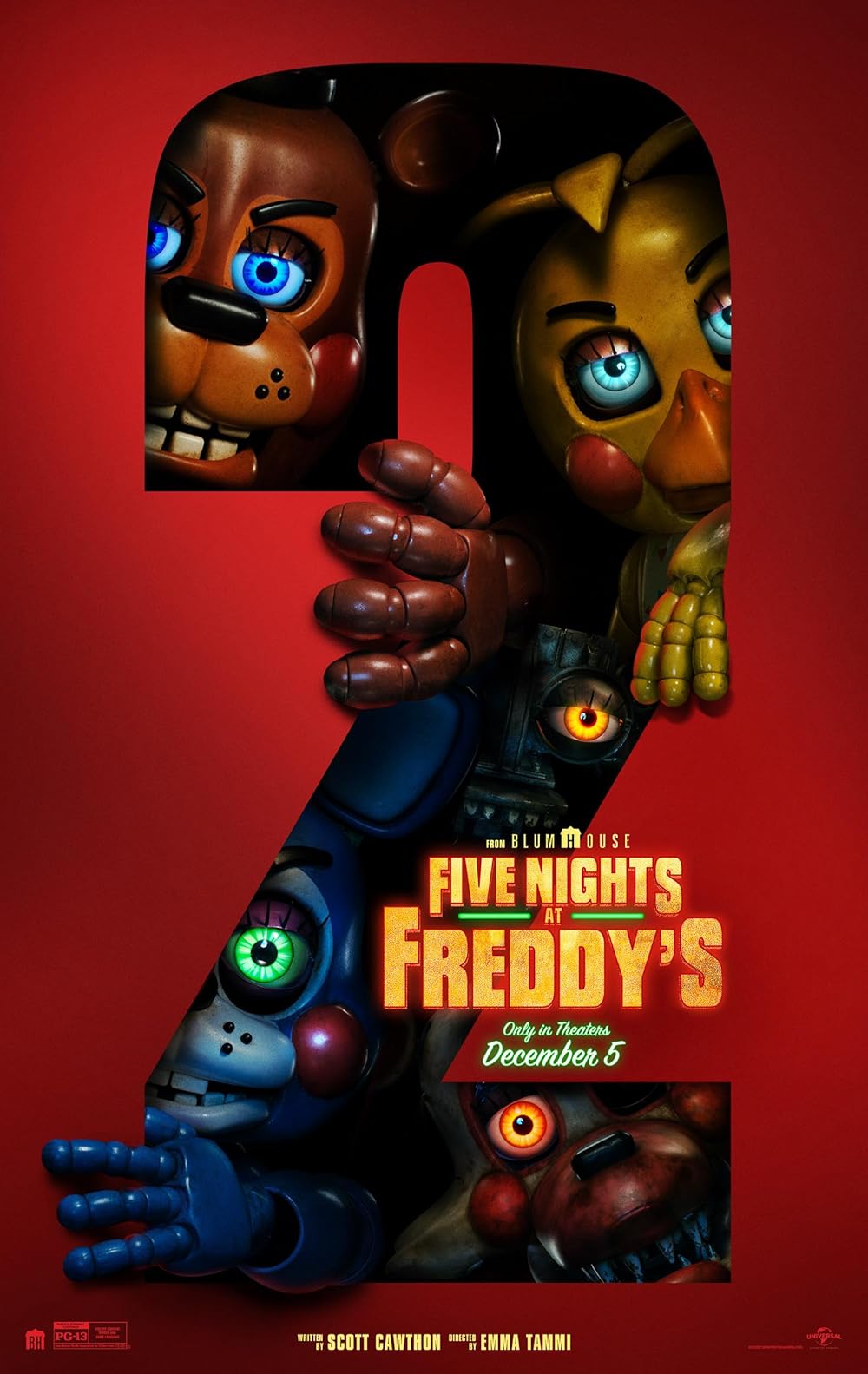
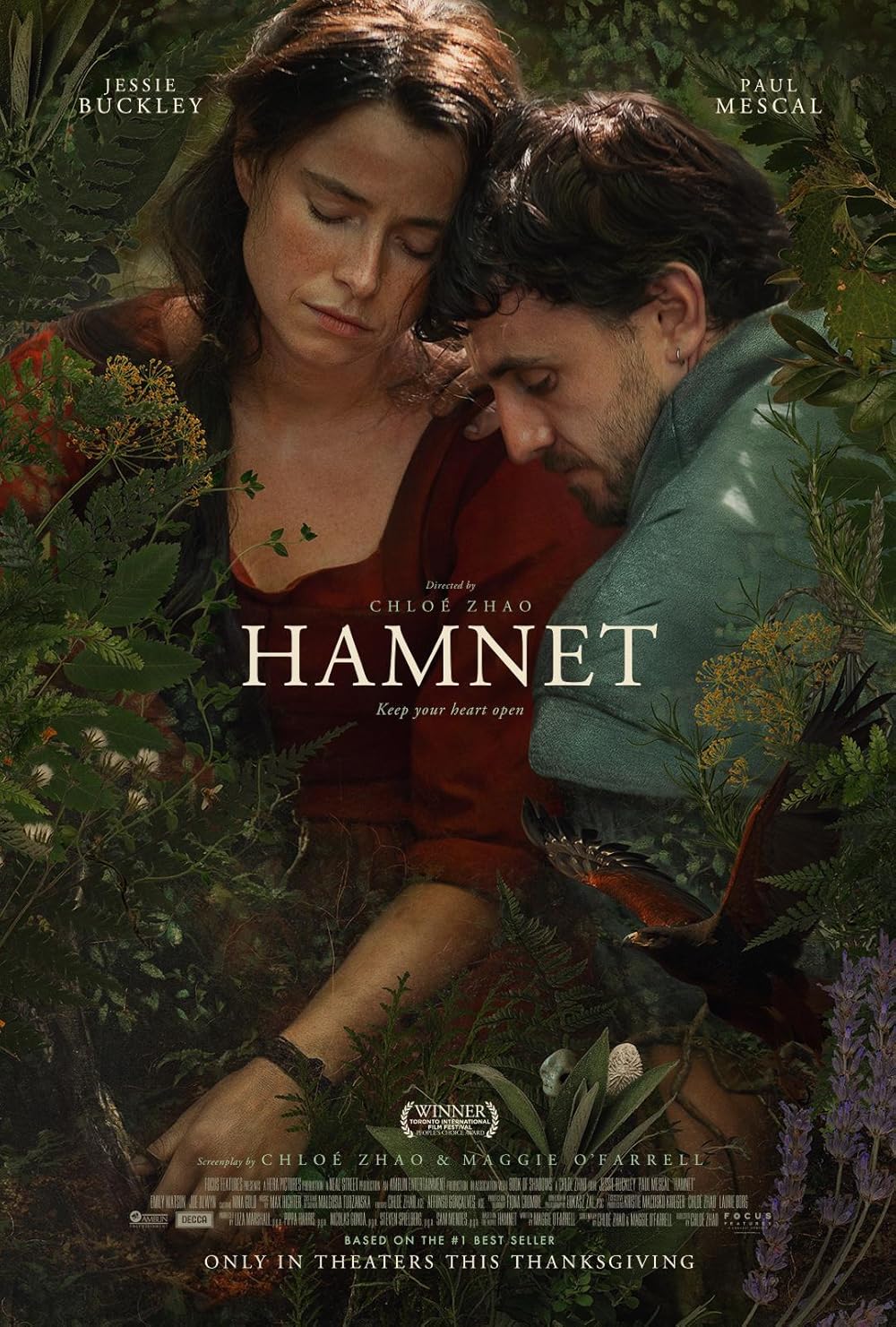
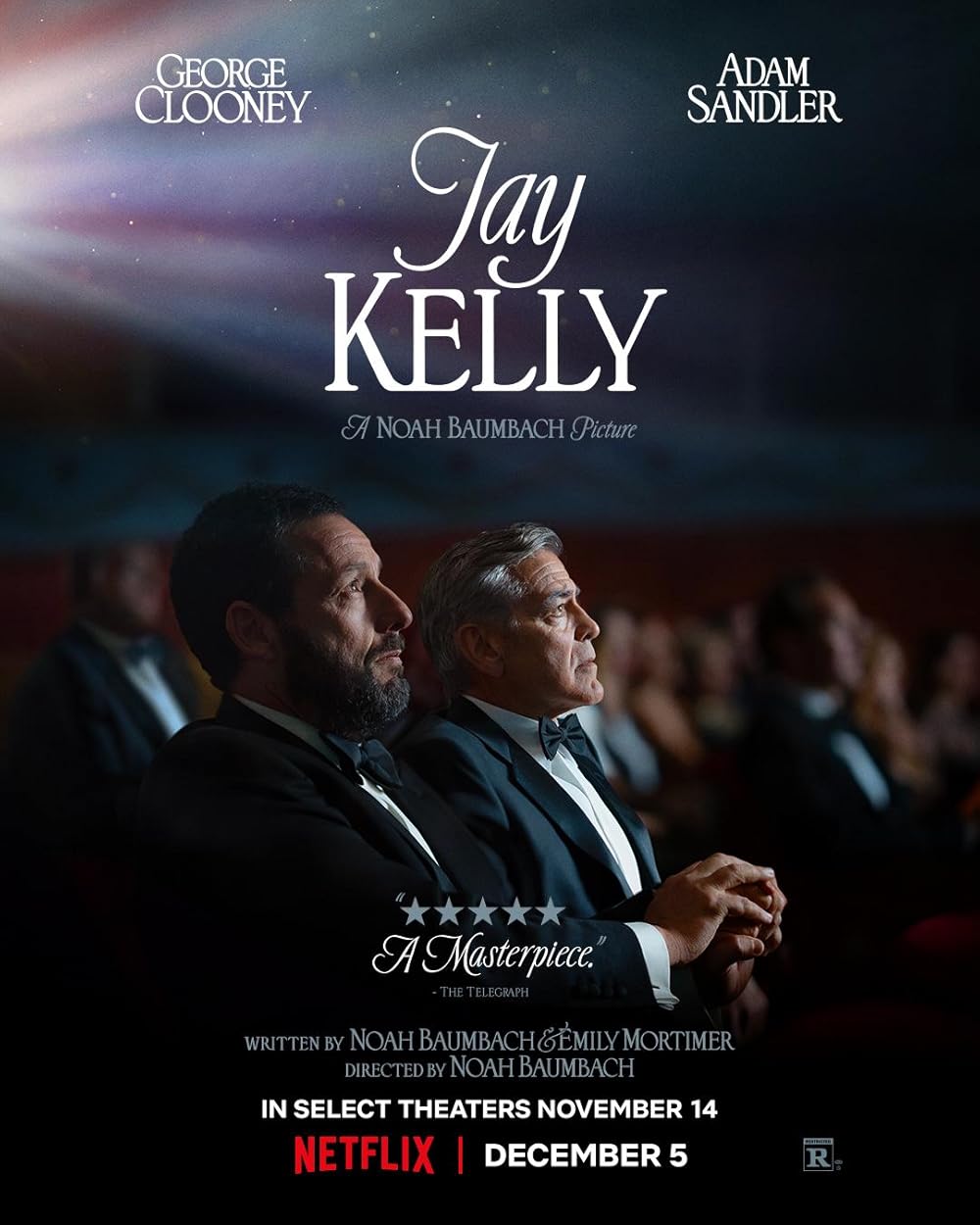
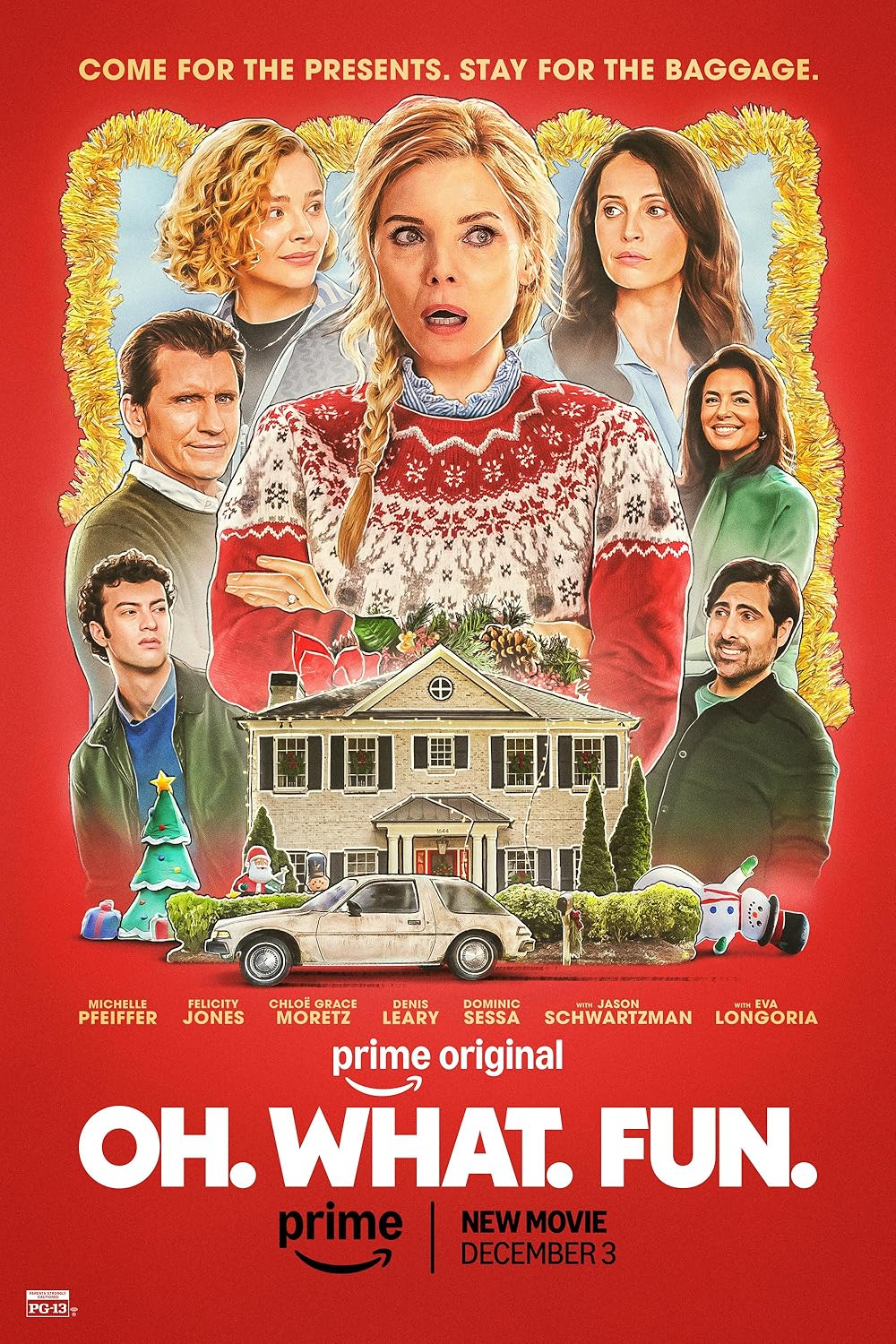
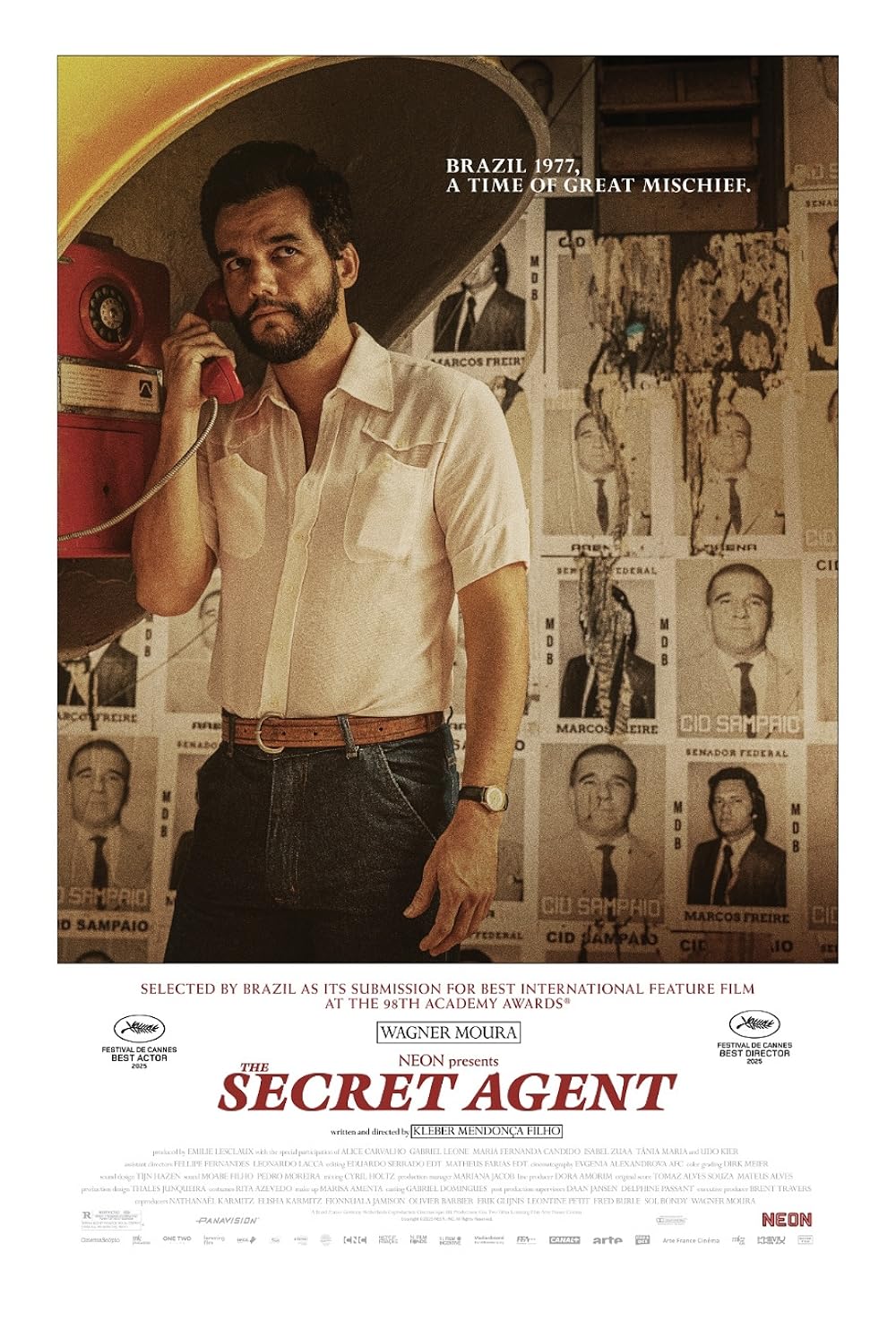 |
|
|
|
Story vs. Screenplay
Article by
Todd Plucknett
Posted – 3/20/11
Over the last week, I watched a few films
that frustrated me on some level, each for roughly the same
reason. That reason is inconsistency in its screenplay, and
it stems back to a debate I have had about story vs.
screenplay. What makes a good screenplay? Is a great story
alone enough to support a movie? The films that I watched
all had tremendous potential with their plot, but were far
too inconsistent to really make the movies completely worth
seeing. There were parts of greatness in all three, but
those parts were too few and too infrequent. So, here is
what has been running through my head over the past few
days.
A great story by itself is not
enough to make a good movie in my opinion. There are several
films that fall into this trap. Movies like
The
 Hunted,
Death at a Funeral
(both), and
Adam Resurrected
all fall into this category (you can throw most remakes in
there as well, such as
The Jackal
and
The Taking of Pelham 1 2 3,
etc.). If you read the premise to these films, they sound
like they are going to be great. They have interesting ideas
and cool casts. However, the writing (not just the dialogue)
really takes away from any appeal the films might have had.
In the case of
The Hunted,
the film is just empty.
Death at a Funeral
resorts to bathroom jokes the entire film instead of letting
the awkwardness of its talented cast show through the quirky
characters.
Adam Resurrected
makes a movie about the Holocaust survivors goofy and
somewhat offensive. There are tons of examples of films that
follow this unfortunate trend. Hunted,
Death at a Funeral
(both), and
Adam Resurrected
all fall into this category (you can throw most remakes in
there as well, such as
The Jackal
and
The Taking of Pelham 1 2 3,
etc.). If you read the premise to these films, they sound
like they are going to be great. They have interesting ideas
and cool casts. However, the writing (not just the dialogue)
really takes away from any appeal the films might have had.
In the case of
The Hunted,
the film is just empty.
Death at a Funeral
resorts to bathroom jokes the entire film instead of letting
the awkwardness of its talented cast show through the quirky
characters.
Adam Resurrected
makes a movie about the Holocaust survivors goofy and
somewhat offensive. There are tons of examples of films that
follow this unfortunate trend.
Oddly enough,
when this is flipped around, the film can still be
successful. When you take into account films like
Punch-Drunk Love,
Dazed and Confused,
and
Adventureland,
there is no real plot to speak of. However, in these films,
the writing is razor-sharp and each scene feels completely
fleshed out. There are not wasted moments, and the films are
able to keep the audience’s attention simply by making
interesting characters and dialogue. This implies that the
screenplay is actually more important than the story. One
timeless example of this is the much-scrutinized screenplay
to
Natural Born Killers.
Quentin Tarantino came up with the idea, and then Oliver
Stone and company sorta botched it. I like the movie, but
most despise it. The story was good, but the screenplay was
not. This translated into a modestly-successful film that
could have been a masterpiece.
When a great story and screenplay are
joined together, classic films are made. People who
immediately come to mind right that have mastered this are
Paul Thomas Anderson, Darren Aronofsky, and of course
Tarantino. There is a reason why these directors do not come
out with a movie every year. They take their time, making
each film they release seem like an event. They spend years
mentally preparing their screenplays down to the subtle
camera movements. This is why all of their films are so
polished, so brilliant, and so breathtaking.
The opposite of
these auteurs would obviously be Woody Allen. He comes out
with a film each year, always having a semi-interesting idea
for the film, but it is clear that he is rushed. Between
good films like
Match Point
and
Vicky Cristina Barcelona,
he makes disasters like
Scoop
and
Cassandra’s Dream.
Both of those films, however, actually had interesting
premises. The scripts were too dry, too soft, and ultimately
entirely inconsistent. This inconsistency is the main reason
why I feel that films with great stories are so often ousted
by critics and audiences.
 What
makes them inconsistent? I recently watched a movie called
Boot Camp,
which is a true story about an island in Fiji that parents
send their delinquent children to in order to change their
lives and/or attitudes. Basically, it is
Battle Royale
without the kids killing each other. Is that an interesting
idea? Absolutely. The film has Mila Kunis and Peter Stormare.
I had to see it. The first five scenes or so are terrific.
The atmosphere was well-established. The characters seem to
be developing. The storyline was laid out and you can see a
great movie forming. It hits a point after that where it
just seems to be wasting time until the climax of the story.
After that, it is just wasting time until the epic ending.
Why did it have to be this way?
There was nothing really wrong with those middle scenes, but
they just did not have the same feel. It was almost as if
the writers came up with their story and planned the first
five scenes intricately. They saw where they wanted to go,
so they had their ending. They also wanted something
significant to happen in the middle, so they had their
climax. Then they rushed through and made the middle cliché,
predictable, and somewhat of a waste of time. The beginning
and the end had meaning, but the middle was just useless
torture scenes. These scenes were not even advancing the
story or further developing the characters. This resulted in
me really not caring about the characters as much as I
should have, so their big climax and conclusion were not
really effective. This is the formula for how a film with a
$14 million budget can go straight-to-DVD and never be heard
from. What
makes them inconsistent? I recently watched a movie called
Boot Camp,
which is a true story about an island in Fiji that parents
send their delinquent children to in order to change their
lives and/or attitudes. Basically, it is
Battle Royale
without the kids killing each other. Is that an interesting
idea? Absolutely. The film has Mila Kunis and Peter Stormare.
I had to see it. The first five scenes or so are terrific.
The atmosphere was well-established. The characters seem to
be developing. The storyline was laid out and you can see a
great movie forming. It hits a point after that where it
just seems to be wasting time until the climax of the story.
After that, it is just wasting time until the epic ending.
Why did it have to be this way?
There was nothing really wrong with those middle scenes, but
they just did not have the same feel. It was almost as if
the writers came up with their story and planned the first
five scenes intricately. They saw where they wanted to go,
so they had their ending. They also wanted something
significant to happen in the middle, so they had their
climax. Then they rushed through and made the middle cliché,
predictable, and somewhat of a waste of time. The beginning
and the end had meaning, but the middle was just useless
torture scenes. These scenes were not even advancing the
story or further developing the characters. This resulted in
me really not caring about the characters as much as I
should have, so their big climax and conclusion were not
really effective. This is the formula for how a film with a
$14 million budget can go straight-to-DVD and never be heard
from.
There was a more
effective film I saw called
The Trotsky,
which is about a high school student who believes that he is
the reincarnation of Leon Trotsky, so he lives his life
trying to fulfill the inevitability of his fate. It is a
really clever story, and most of the movie is fairly funny.
It touches greatness on occasion, but not nearly enough. It
could have been a Wes Anderson-level comedy, but in the end,
it is just pretty good. In those Wes Anderson flicks, there
is never a wasted moment or a scene that feels like an
exception. Inconsistency is rampant in
The Trotsky.
Another example
of something similar is a movie called
Garden Party.
It is an interlocking story drama set in LA. It follows
several stories about young people moving to LA to pursue
their dreams and a better life. Recently, we have seen tons
of films with this format, and very few of them really fail.
This one had three good stories and a couple weak ones. It
had two fully-developed characters and countless flat ones.
Never is it boring, but having to watch the uninteresting
part of the film trivializes the truly good parts. It also
takes that running time away from the characters we actually
care about, so we do not get as great of a payoff in the
end. Again, it seemed like the writer-director had a story
he wanted to tell, but only really fleshed out a couple
stories and made the movie. This is what sets apart good
directors from average ones. In an indie film like
The Dead Girl,
every scene feels like it is essential to the whole. In
Garden Party
and
Boot Camp,
neither have this sensation.
So, why is this?
Are the directors of these indie films just rushing to get
their first or second film released without giving thought
to polishing their scripts? In the case of these three
films, I think this could be it.
 Boot
Camp had the first 20
minutes of a truly great picture.
Garden Party
has two stories that are really fulfilling and interesting.
Both would have made good short films. Both could have been
great feature films if each scene had the care and precision
of the better ones.
The Trotsky
could have been a mini masterpiece if all of the film had
the same tone and intelligence. Boot
Camp had the first 20
minutes of a truly great picture.
Garden Party
has two stories that are really fulfilling and interesting.
Both would have made good short films. Both could have been
great feature films if each scene had the care and precision
of the better ones.
The Trotsky
could have been a mini masterpiece if all of the film had
the same tone and intelligence.
So, I don’t
really know what all of this means. I am not picking on
these movies in particular. I just watched them in the last
week, and they all just reminded me of each other with their
flaws. I guess I don’t really know any people involved in
filmmaking, so maybe I should not speculate on how they
wrote the stories, but that trend of tonal inconsistency is
widespread in independent film these days. It is what sets
apart films that get buried at Sundance from films that wind
up getting a theatrical run. It’s the difference between
Sunshine Cleaning
and
Little Miss Sunshine,
the difference between
Hounddog
and
Alpha Dog.
It is a pitfall that may be difficult to see from the
outset, but it is there.
Does this make any sense? Do you agree?
Have you seen any of these three films? They are all
available to watch instantly on Netflix if anyone wants to
check them out.
Let me know on Facebook.
|
|
New
Reviews |
Reactions to the Nominations

Written Article - Todd |
2026 Oscar Predictions: Final

Written Article - Todd |
Todd Most Anticipated #5

Podcast Featured Review |

Podcast Review - Todd |

Podcast Review - Terry |

Podcast Review - Zach |
10th Anniversary
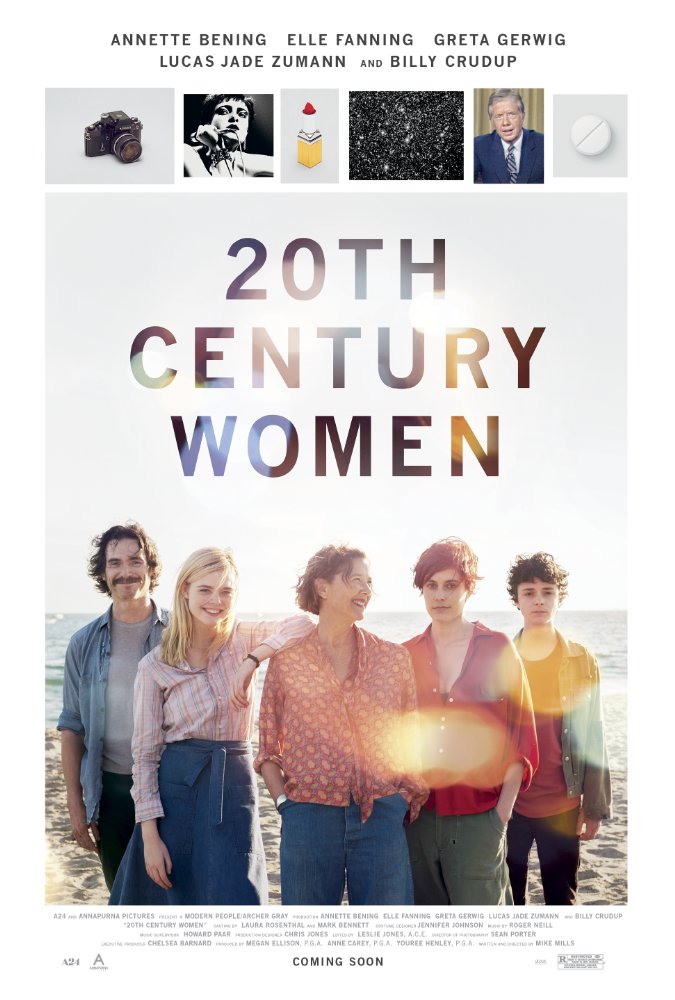
Podcast Oscar Review - Terry |
Director Blindspot Watch
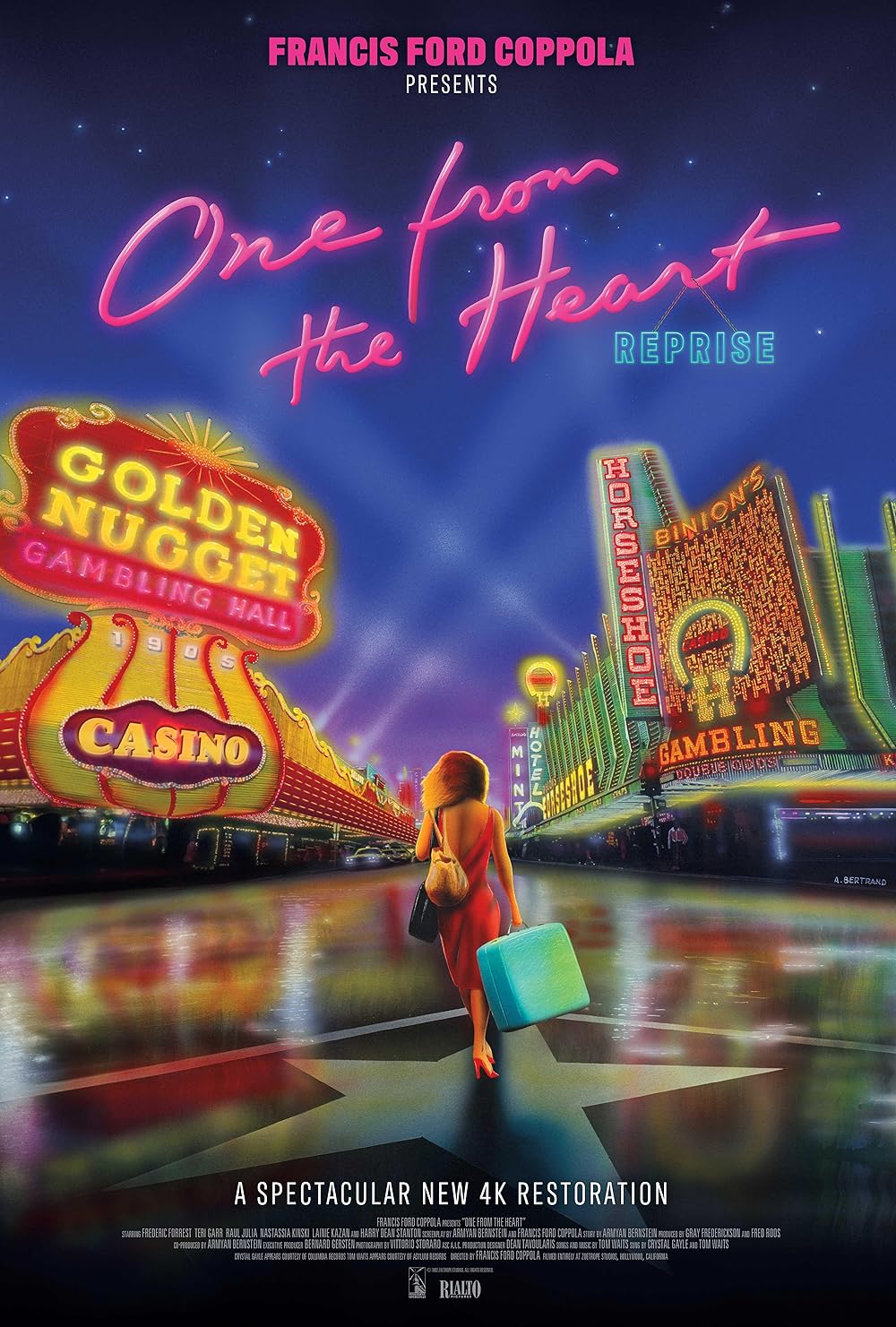
Podcast Review - Todd |
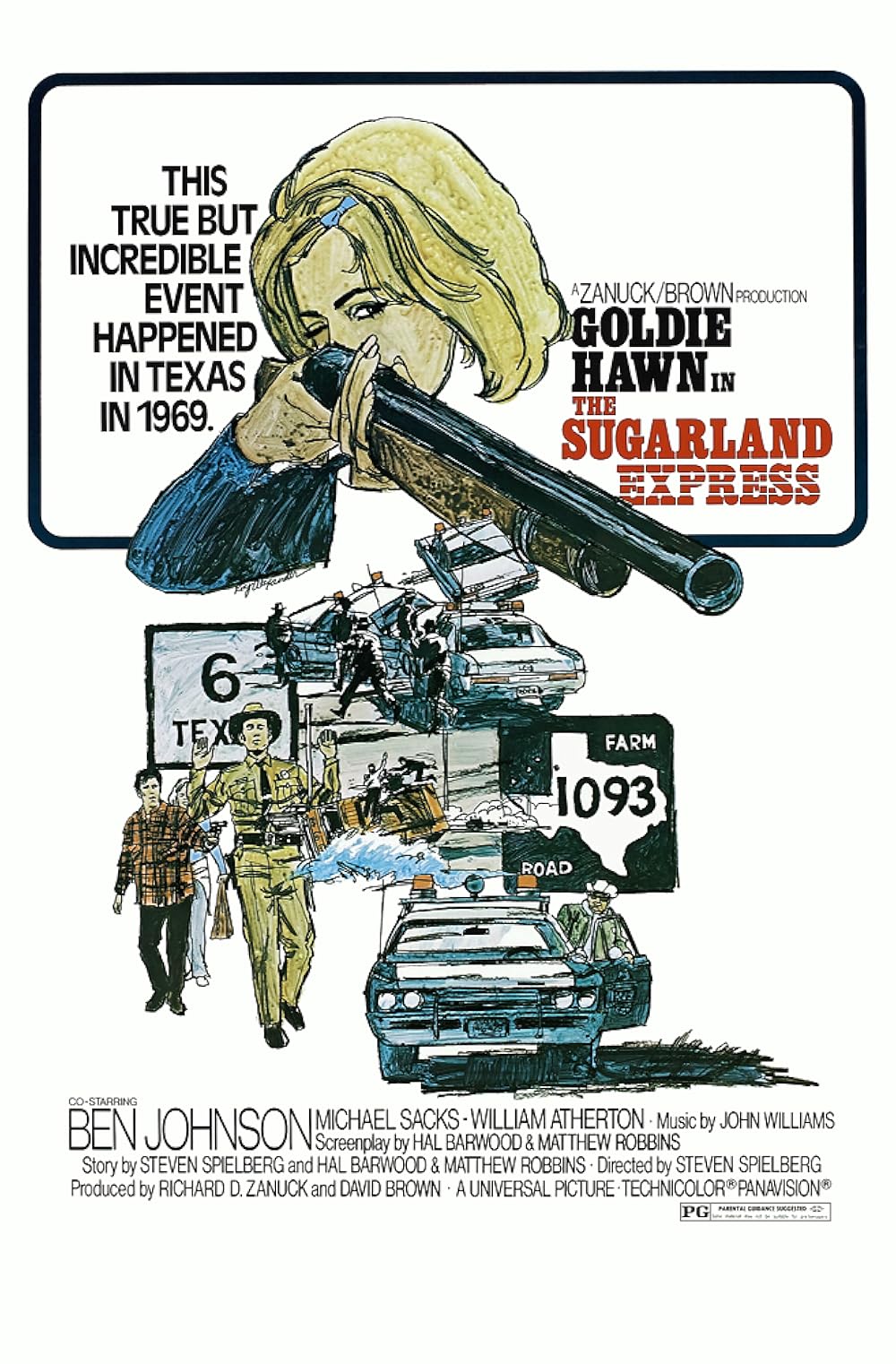
Podcast Review - Zach |
Ford Explorer Watch
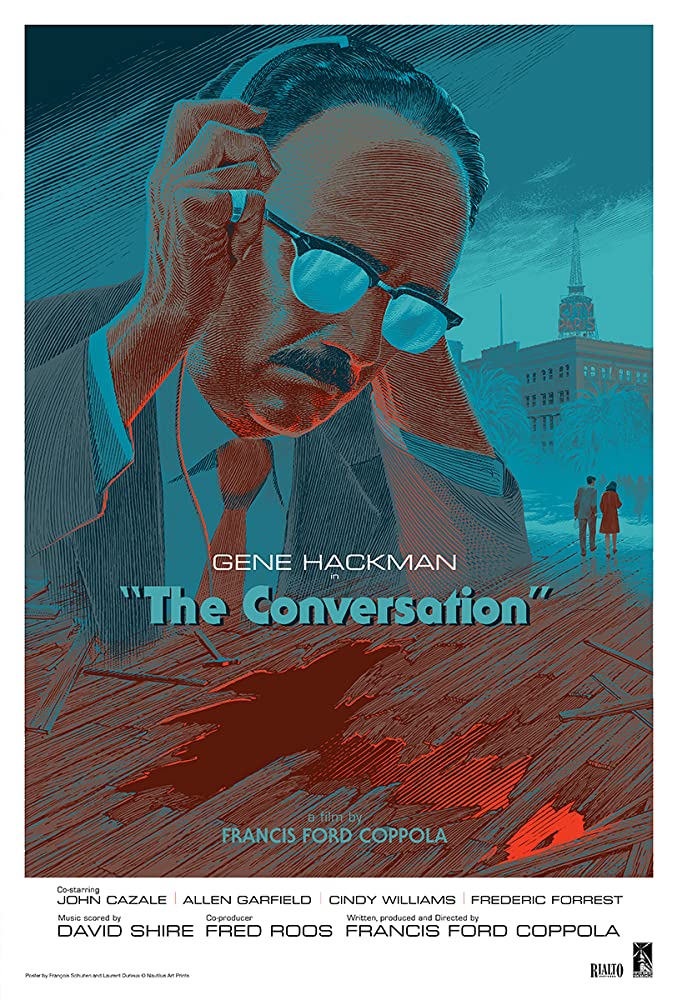
Podcast Review - Adam |
2027 Oscar Predictions: Jan.

Written Article - Todd |
Terry Most Anticipated #2

Podcast Featured Review |

Podcast Review - Terry |

Podcast Review - Zach |
20th Anniversary
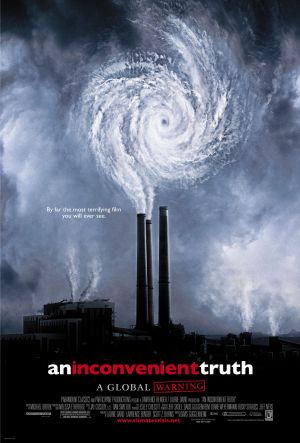
Podcast Oscar Review - Terry |
Ford Explorer Watch
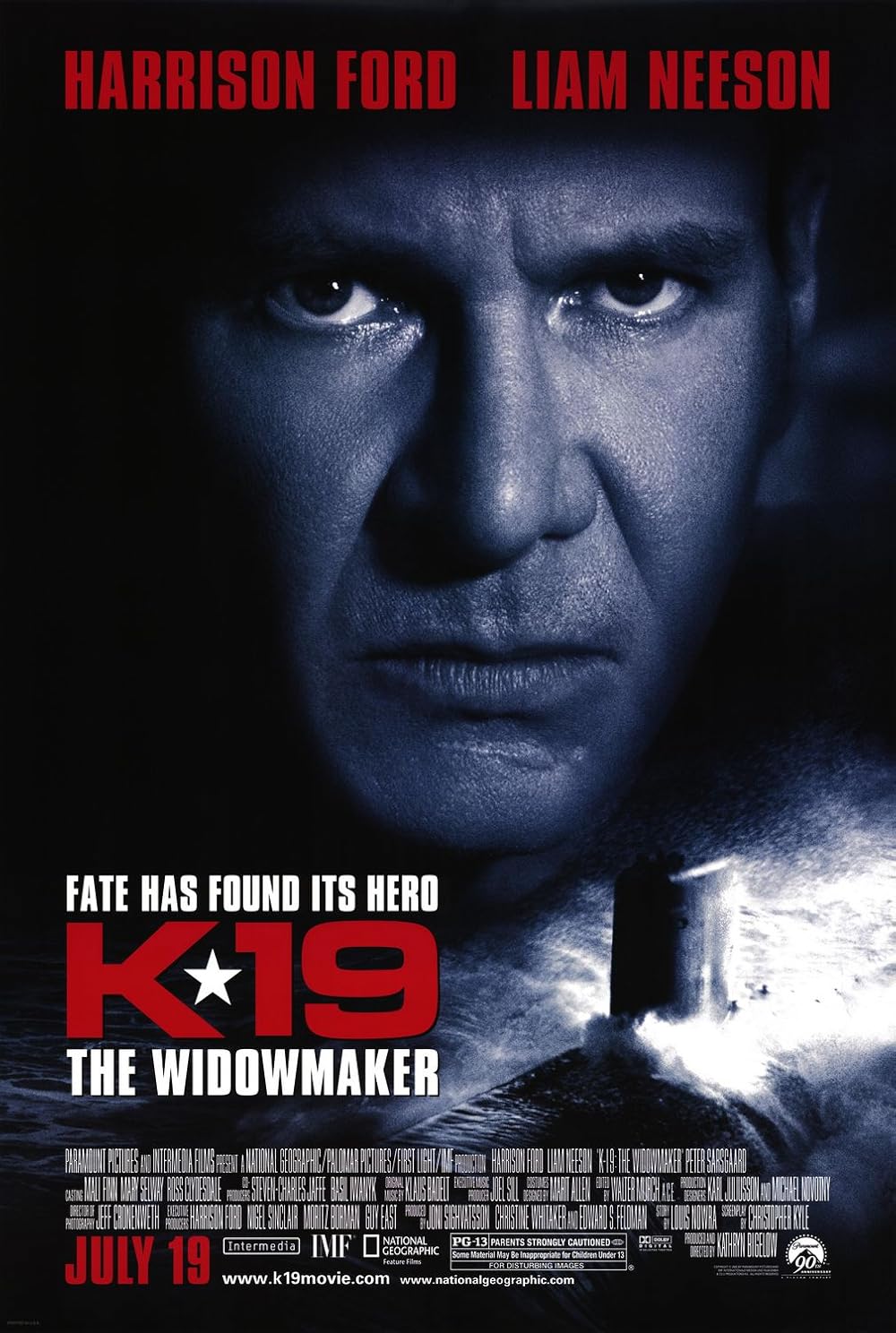
Podcast Review - Adam |
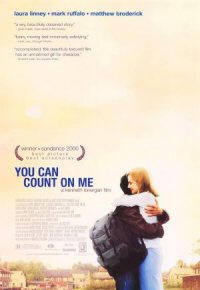
Podcast Trivia Review - Adam |
Director Blindspot Watch
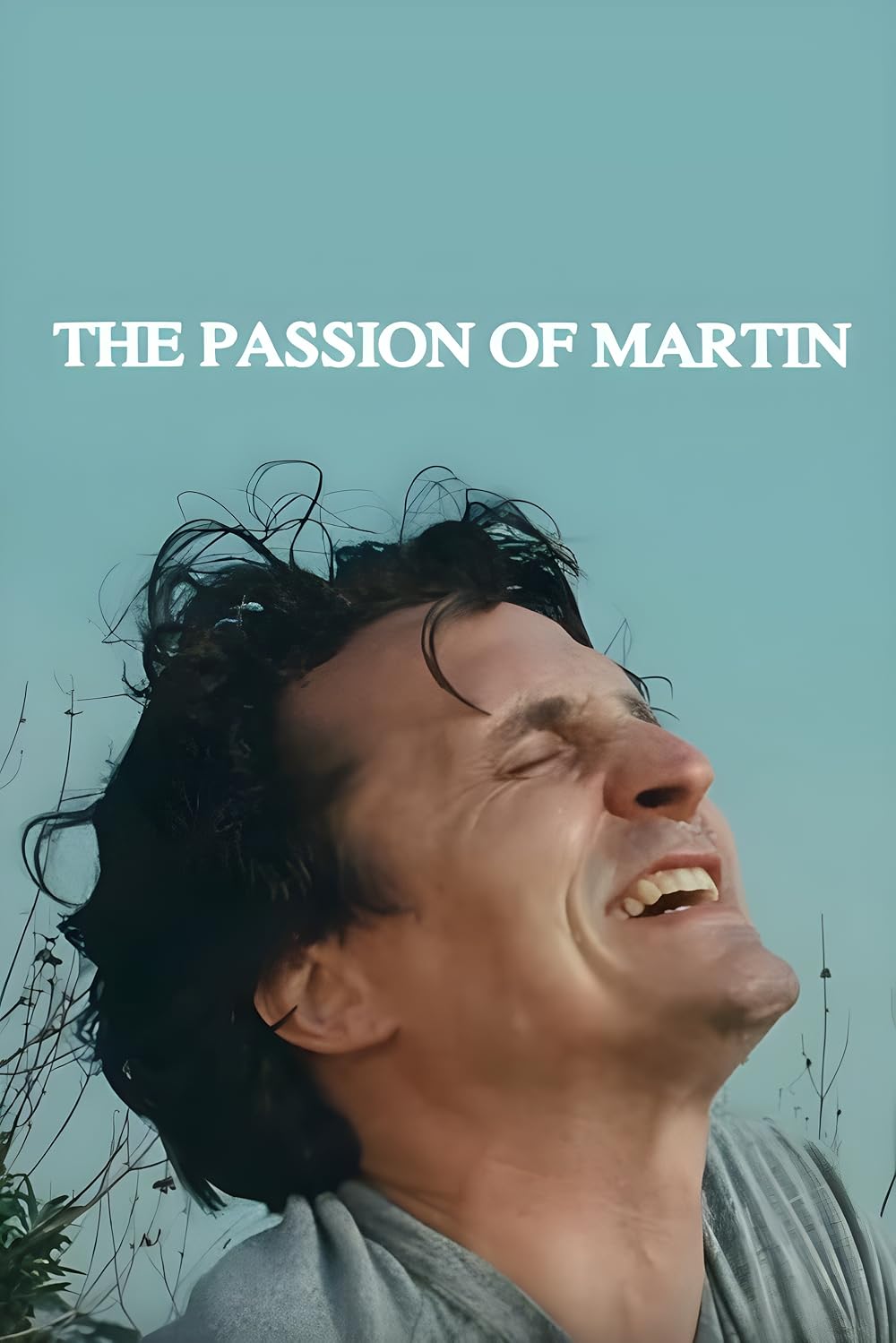
Podcast Review - Todd |
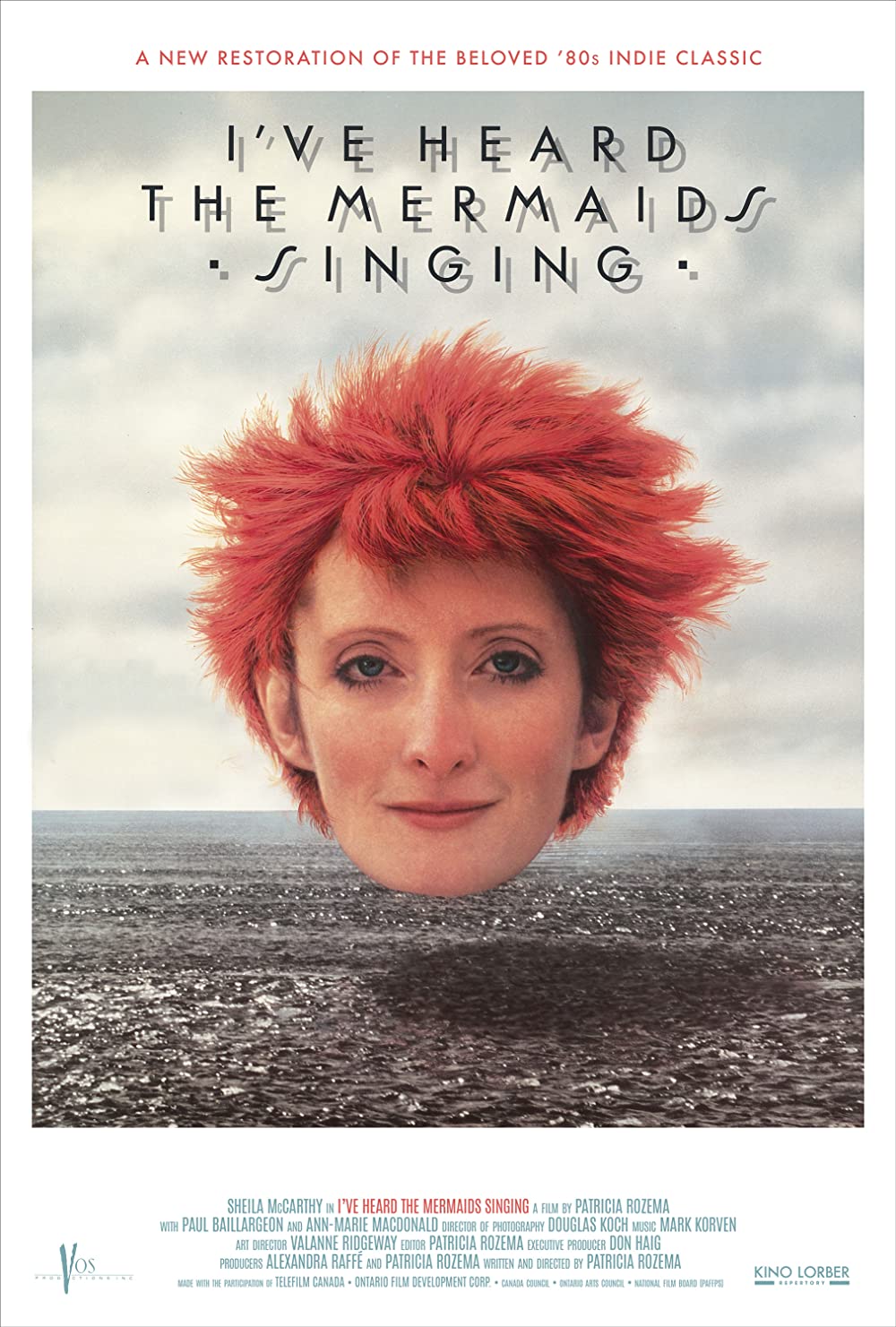
Podcast Trivia Review - Todd |
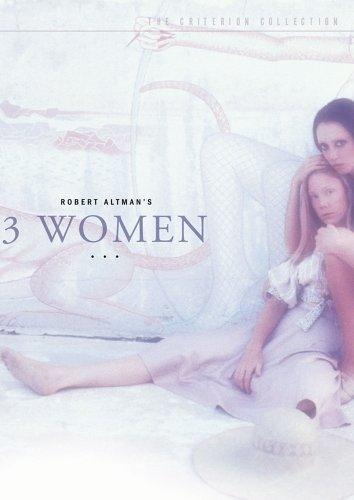
Podcast Trivia Review - Terry |
25th Anniversary

PODCAST DEEP DIVE |

Podcast Featured Review |

Podcast Review - Adam |

Podcast Review - Terry |

Podcast Review - Terry |
Indie Screener Watch
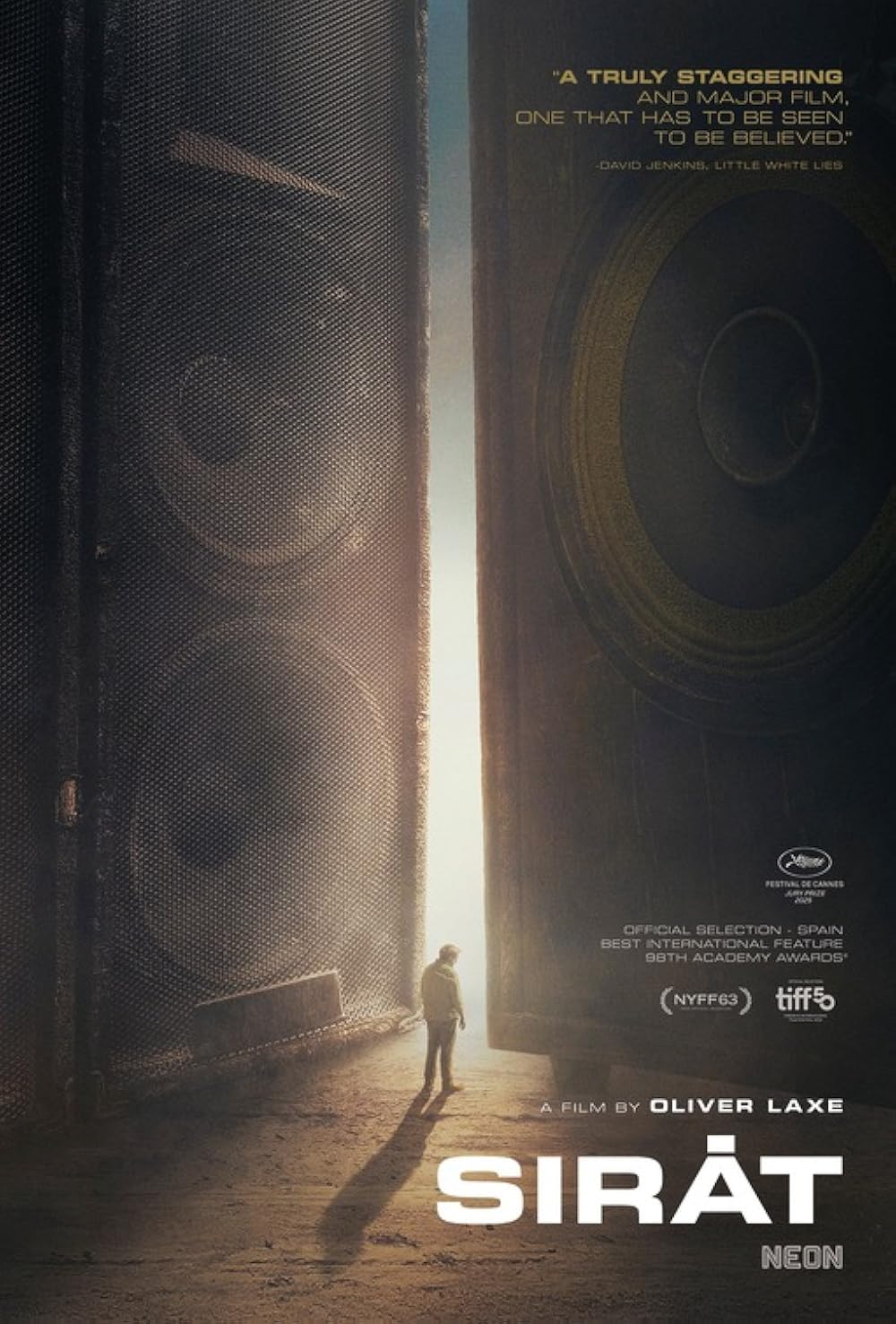
Podcast Review - Todd |
|
|
|